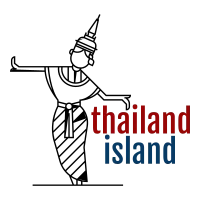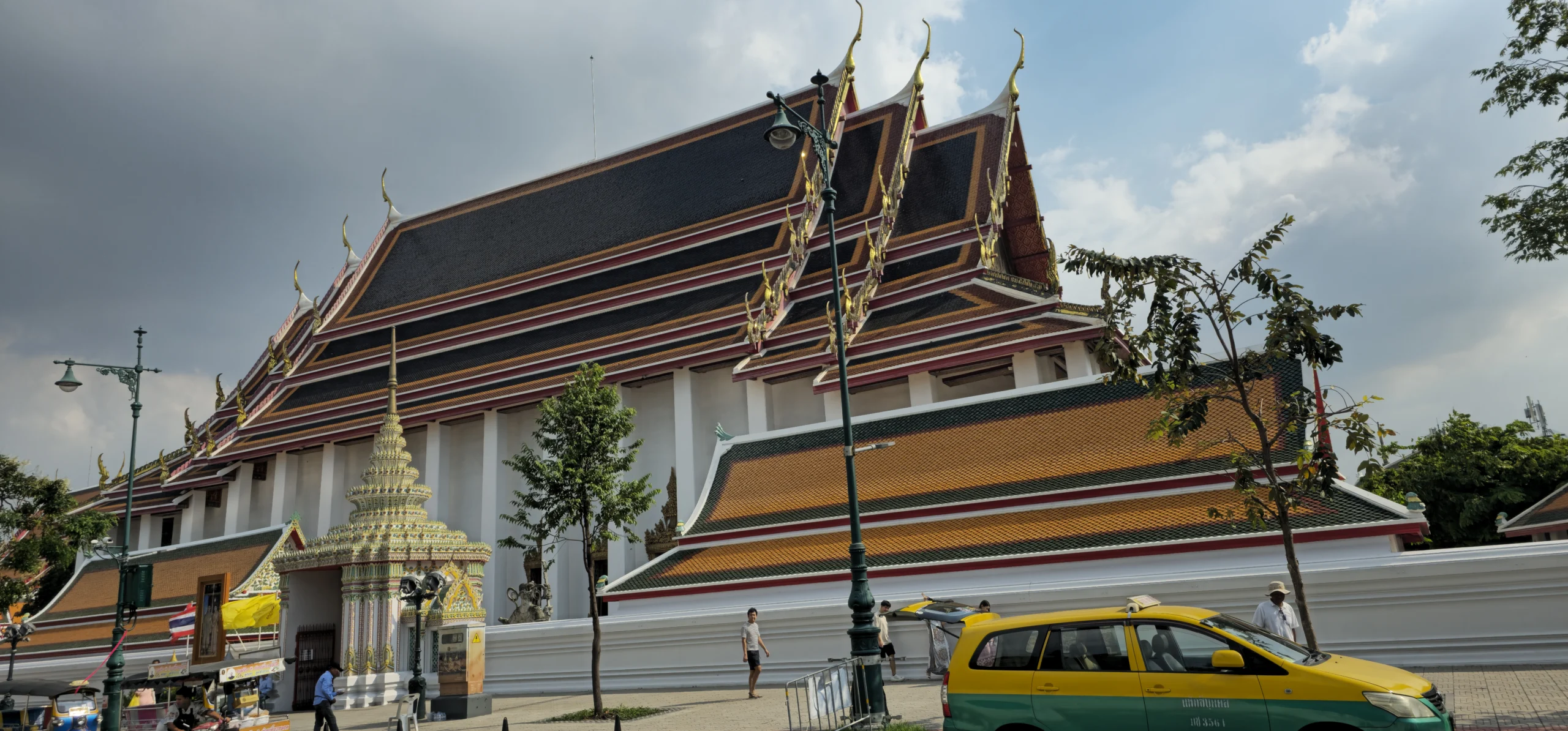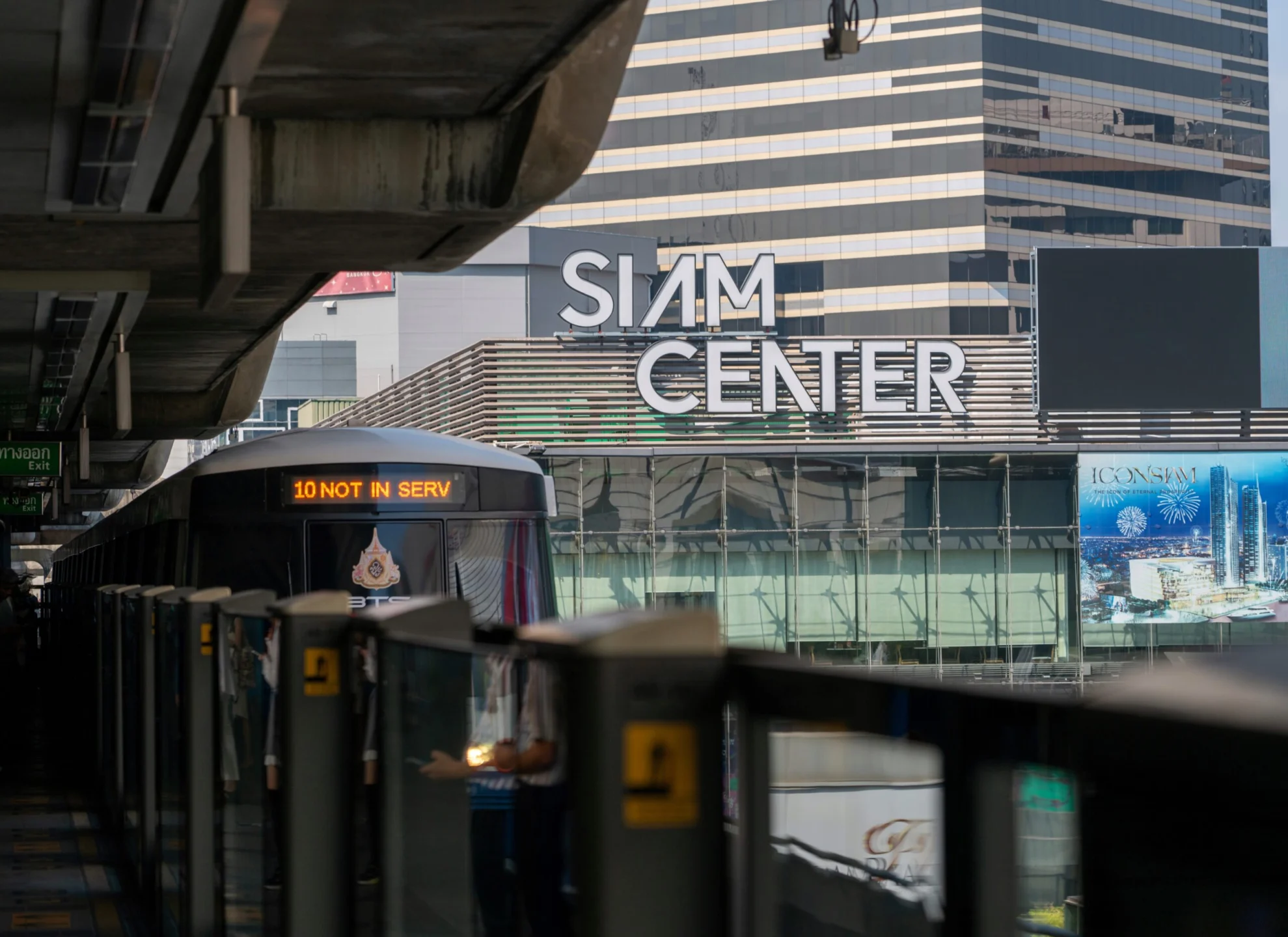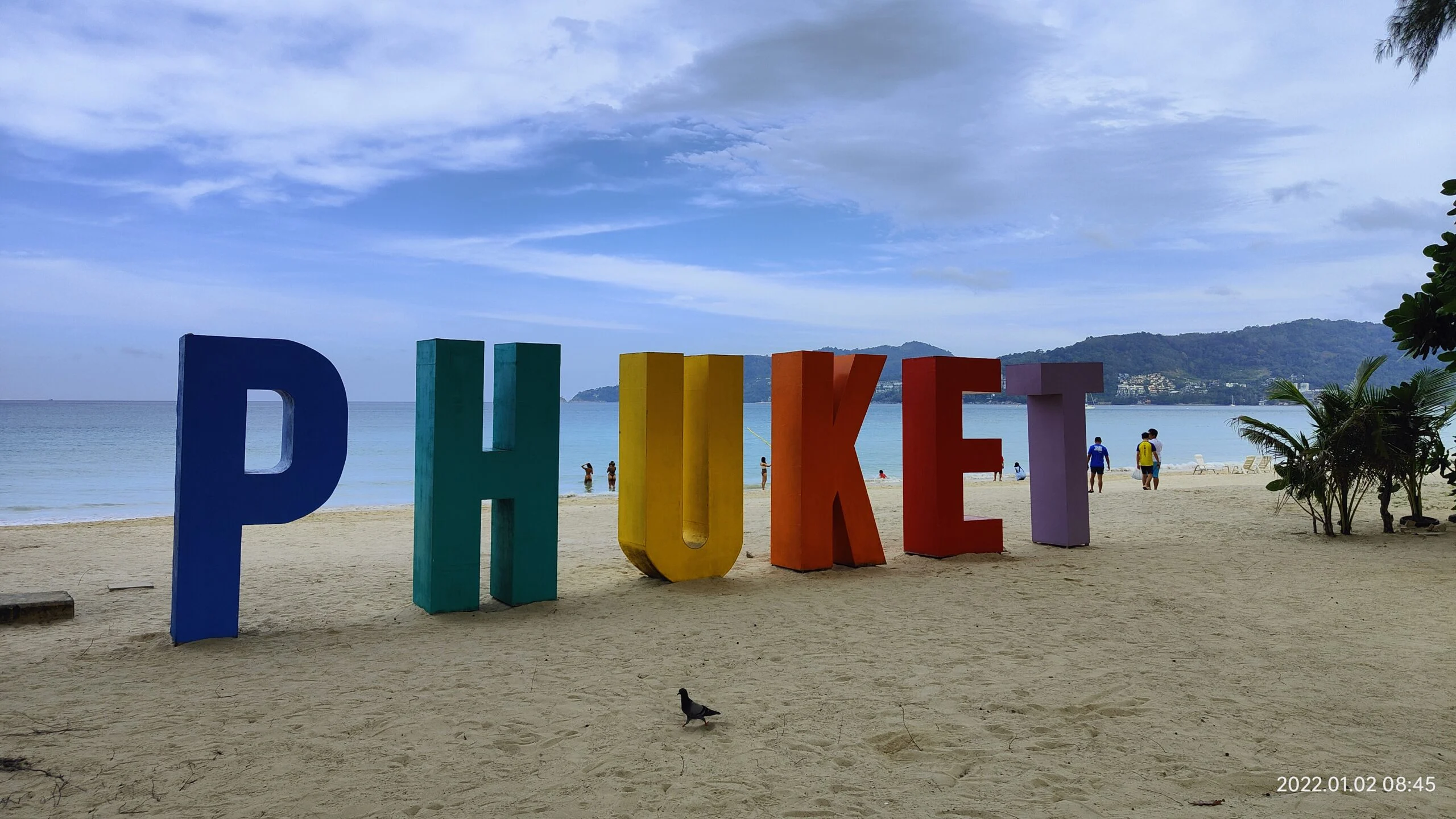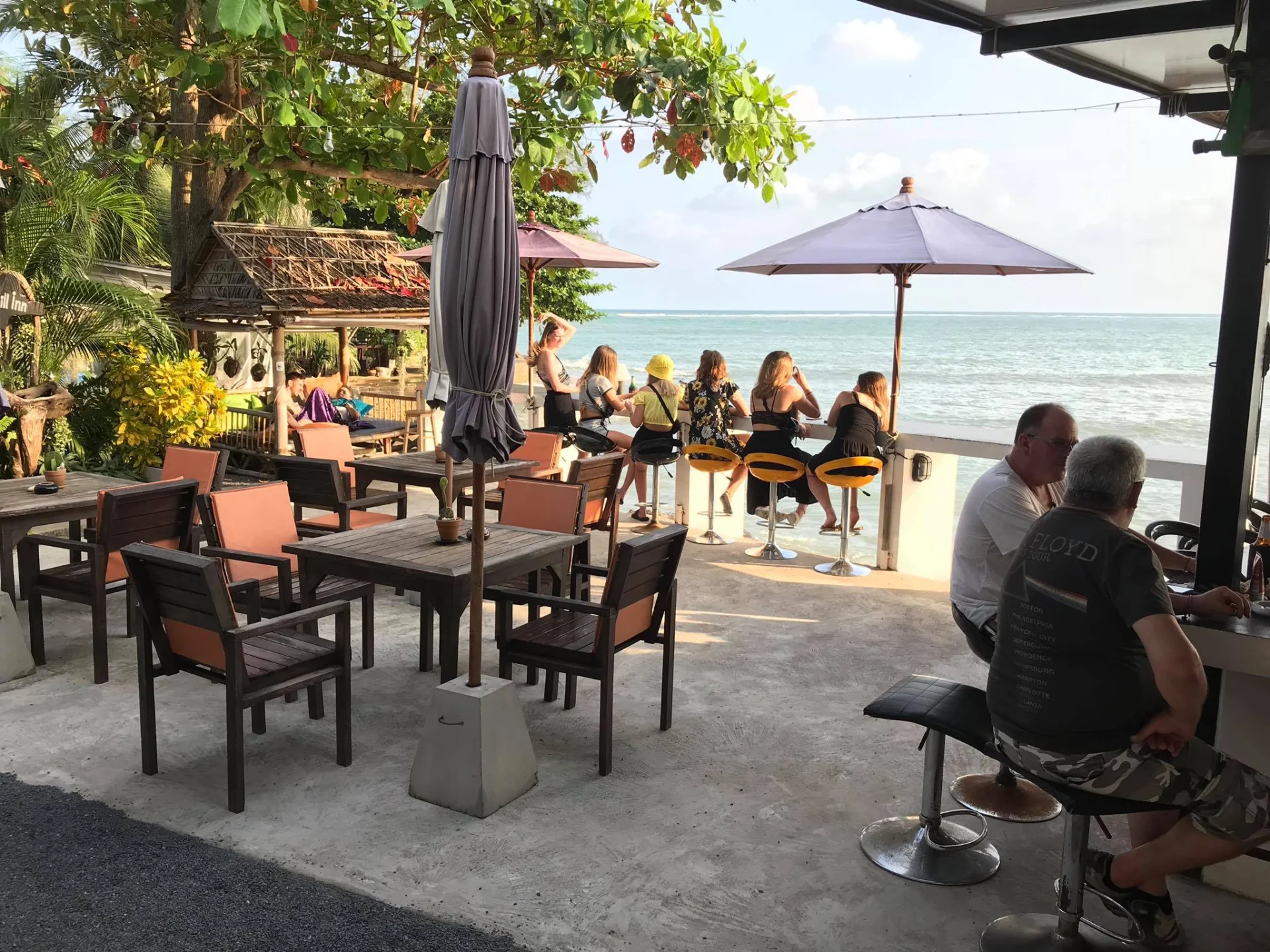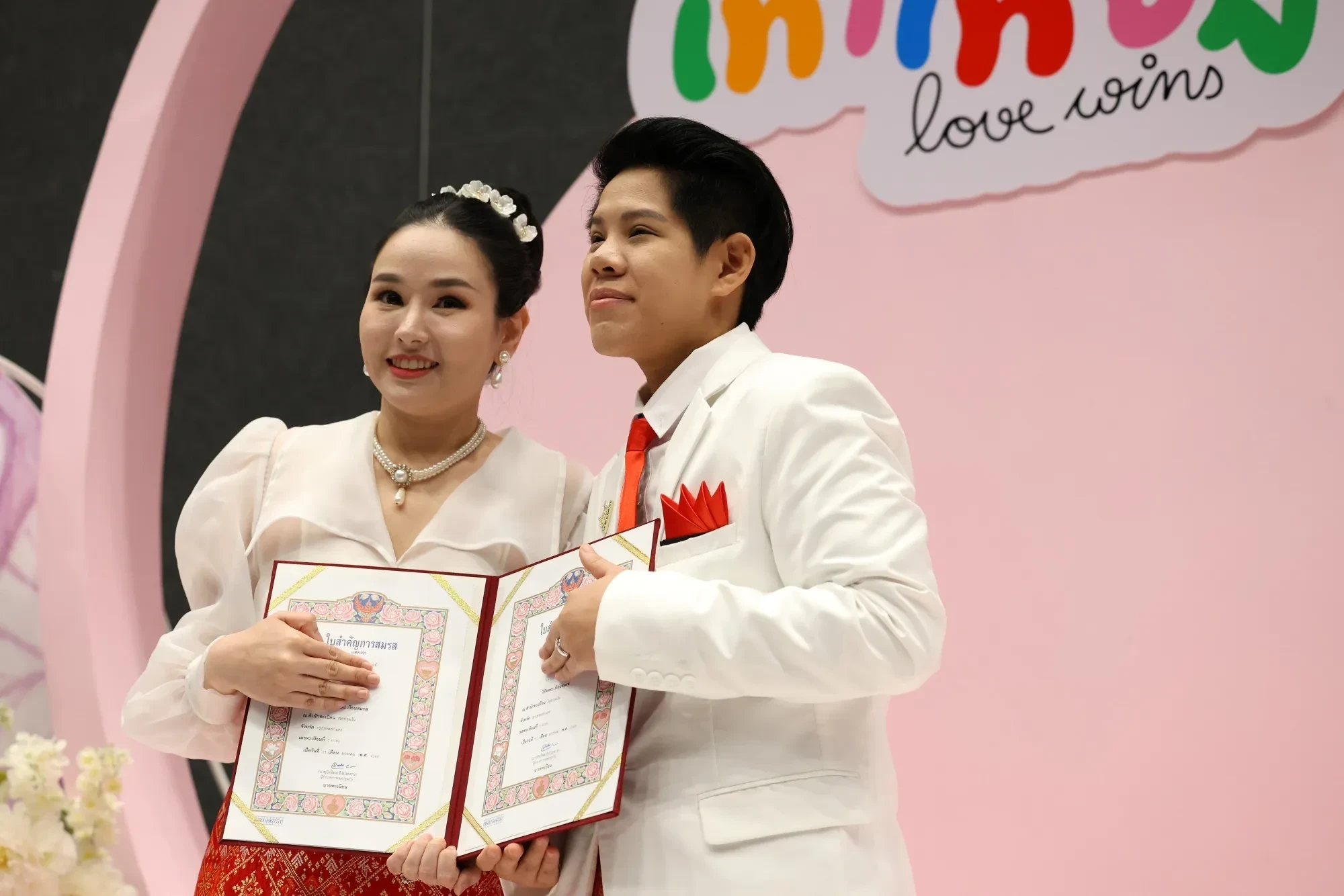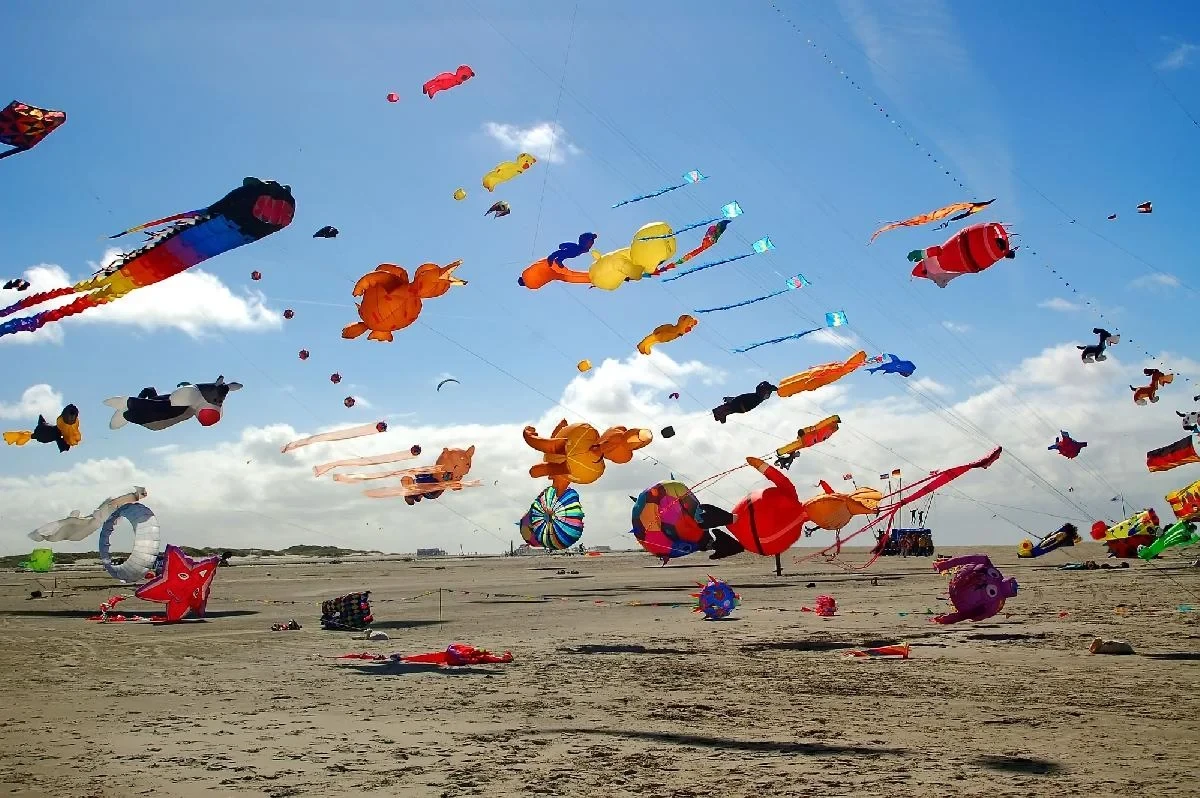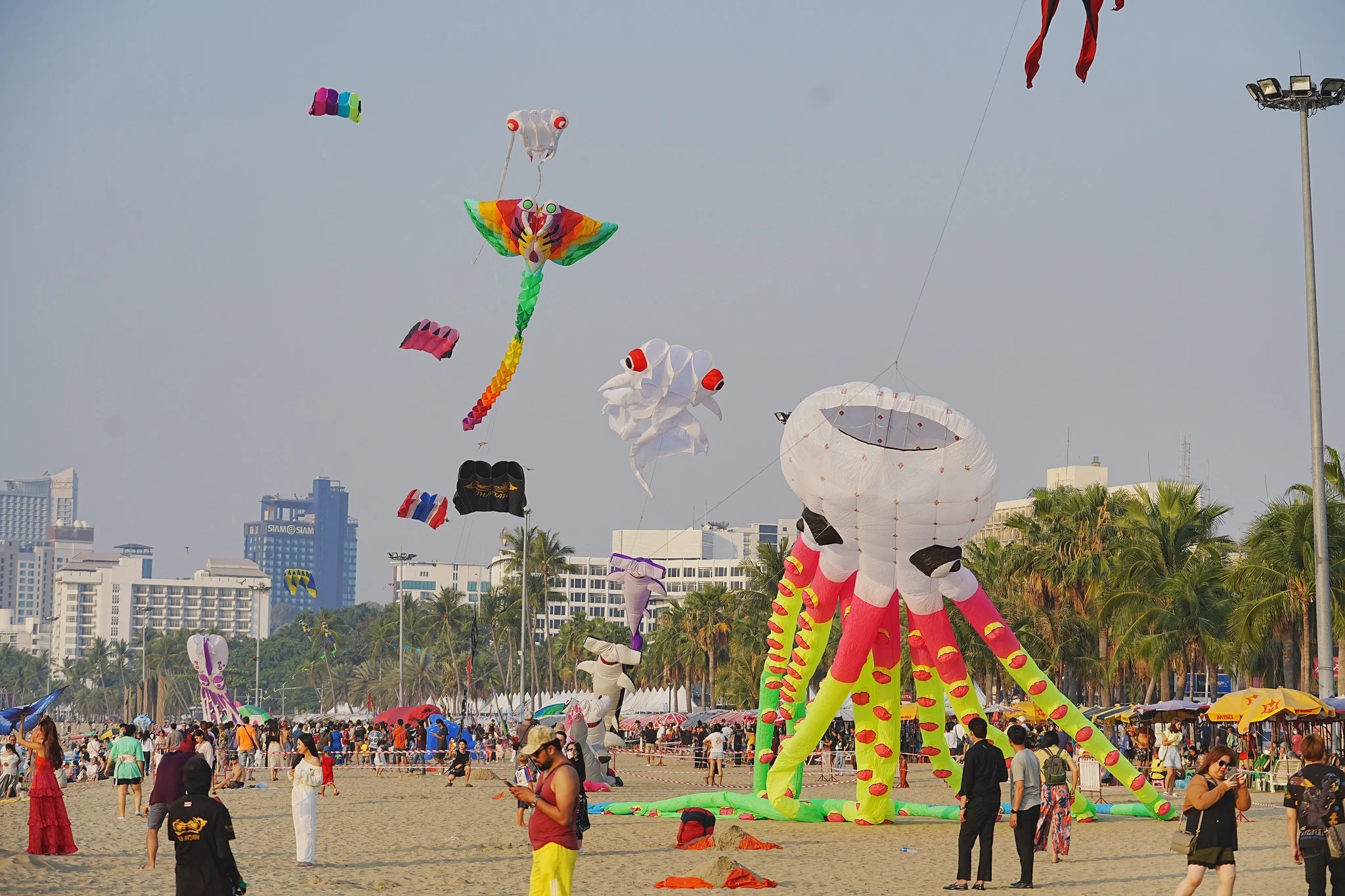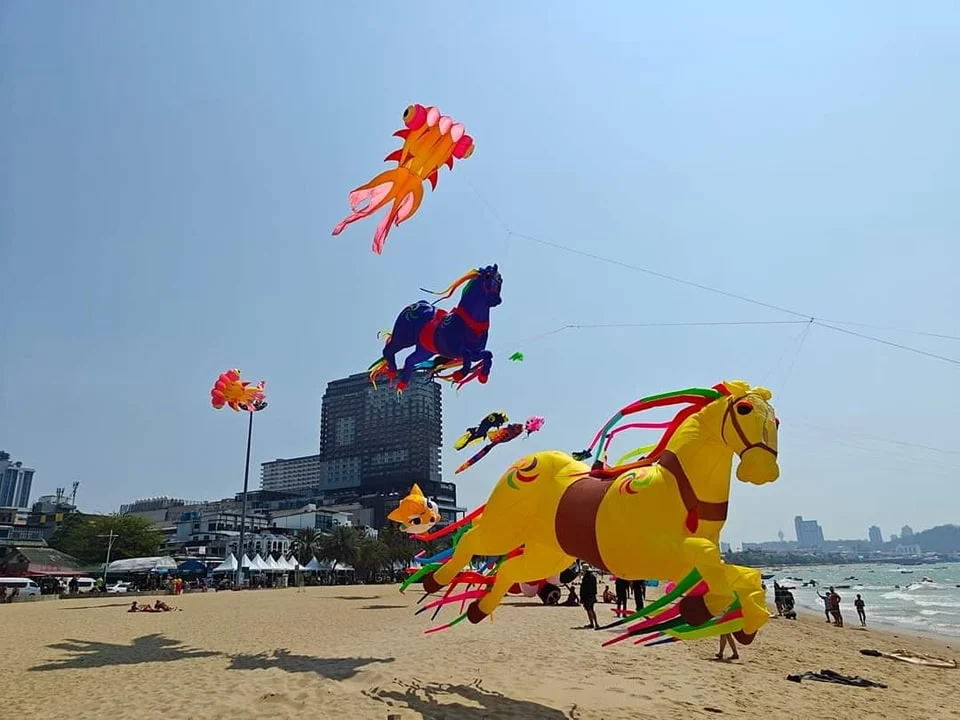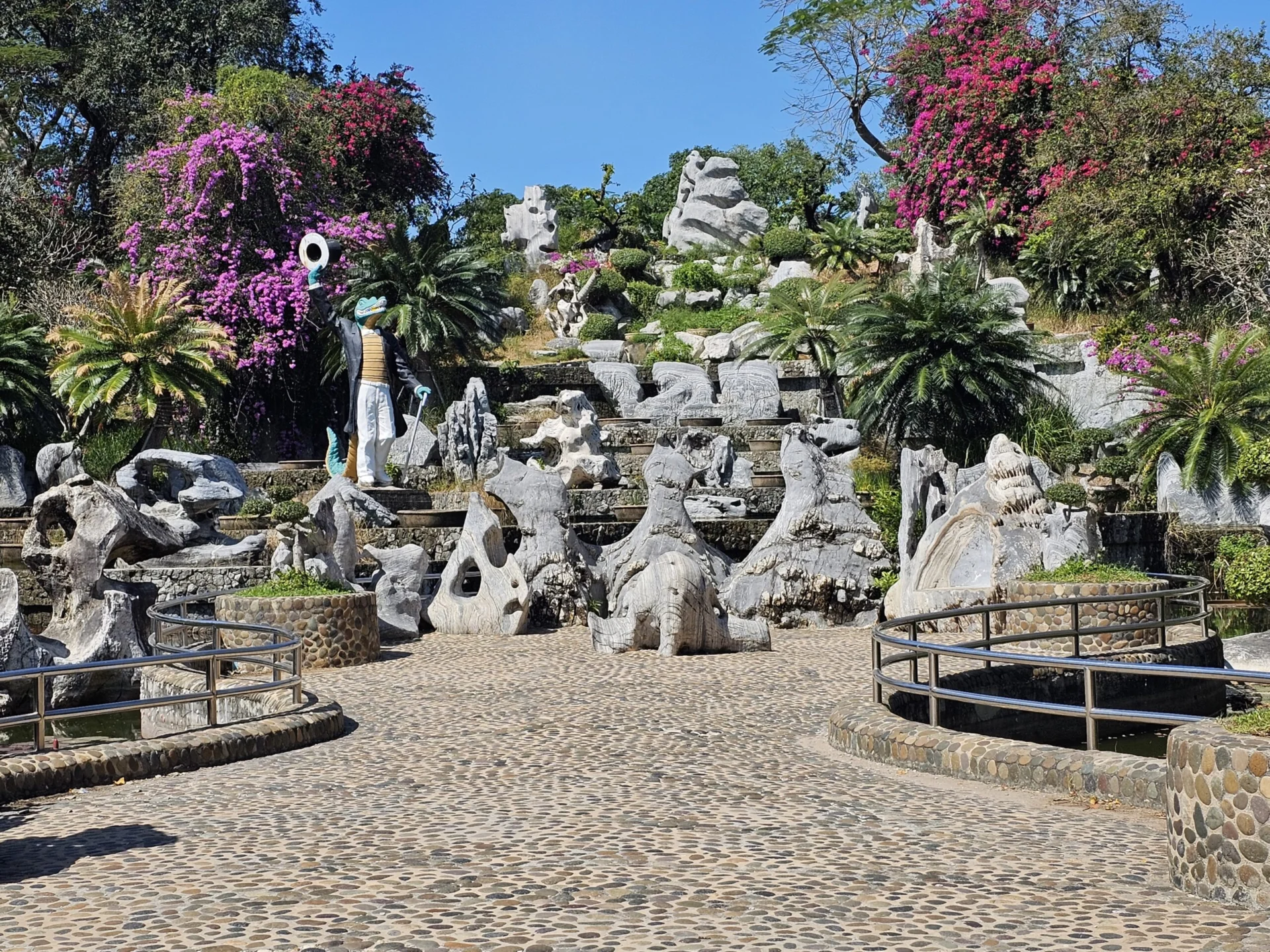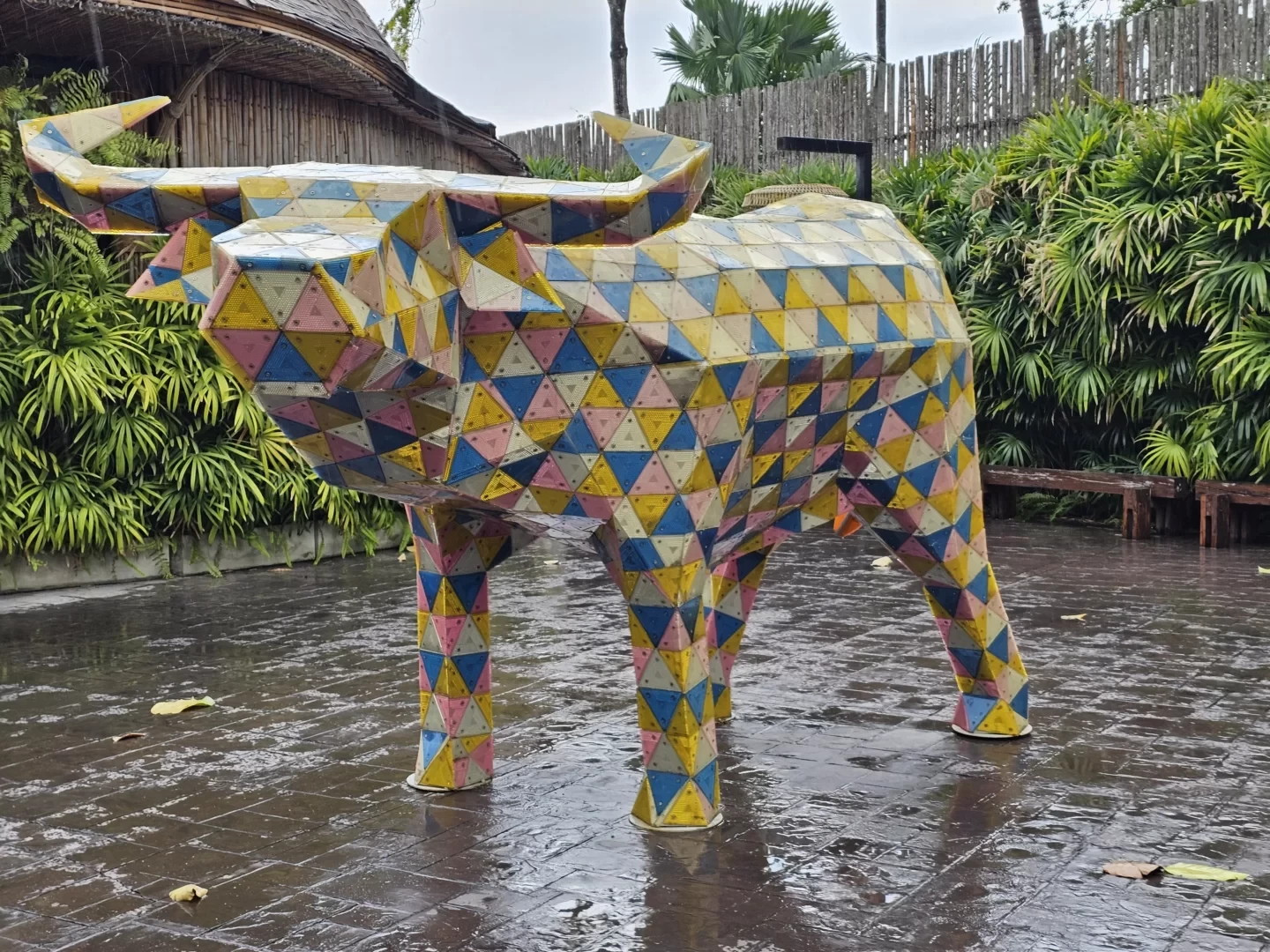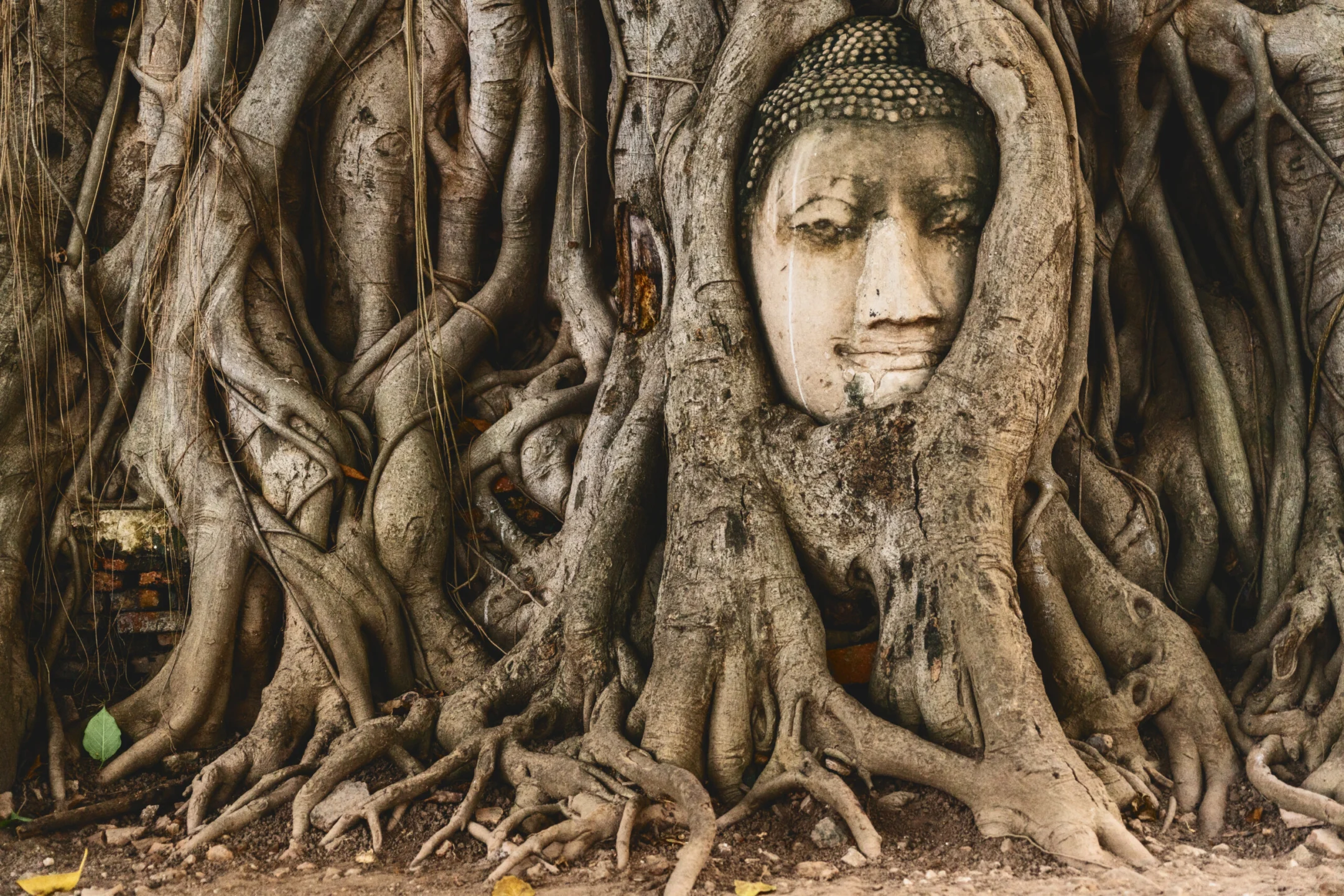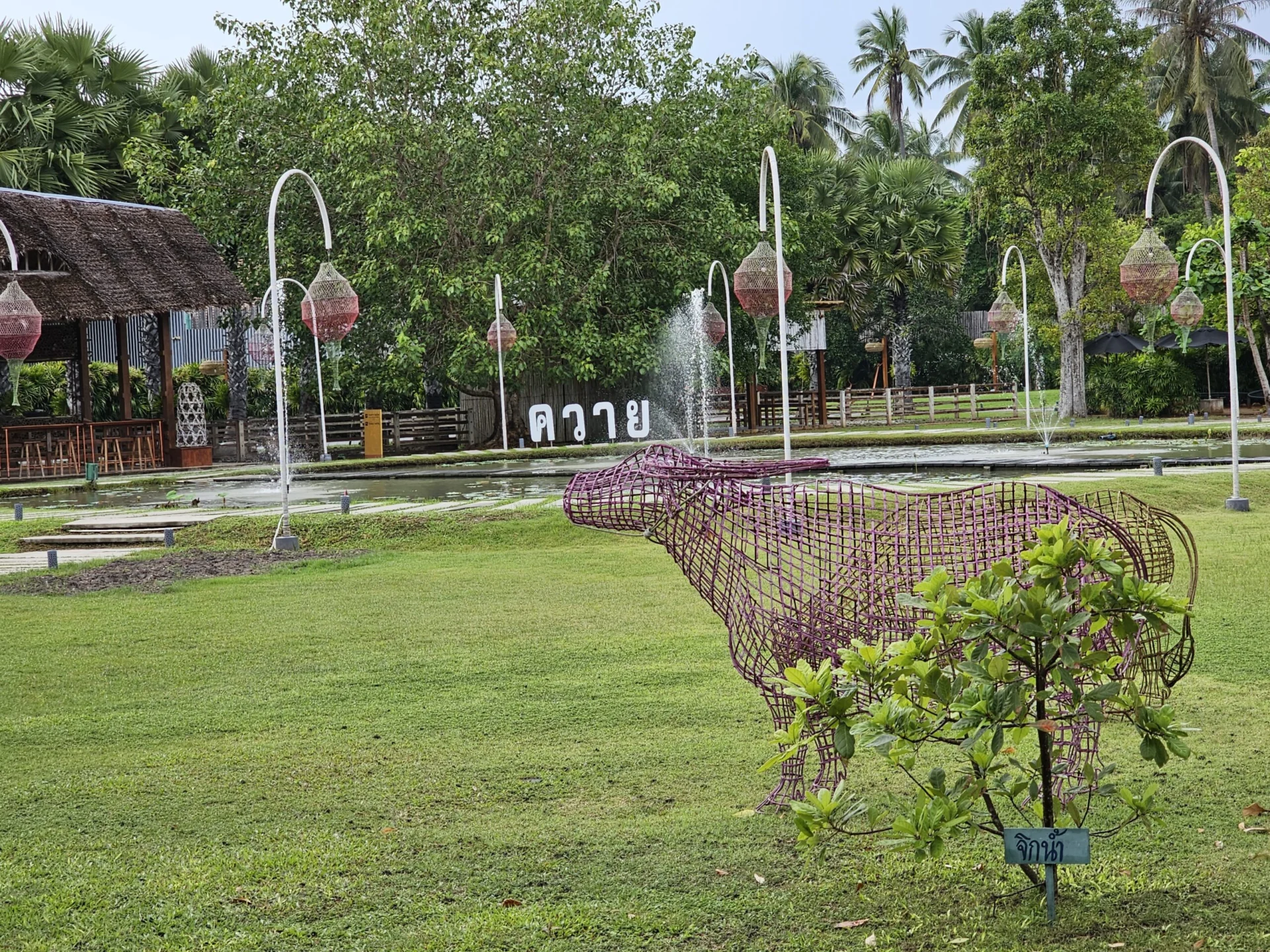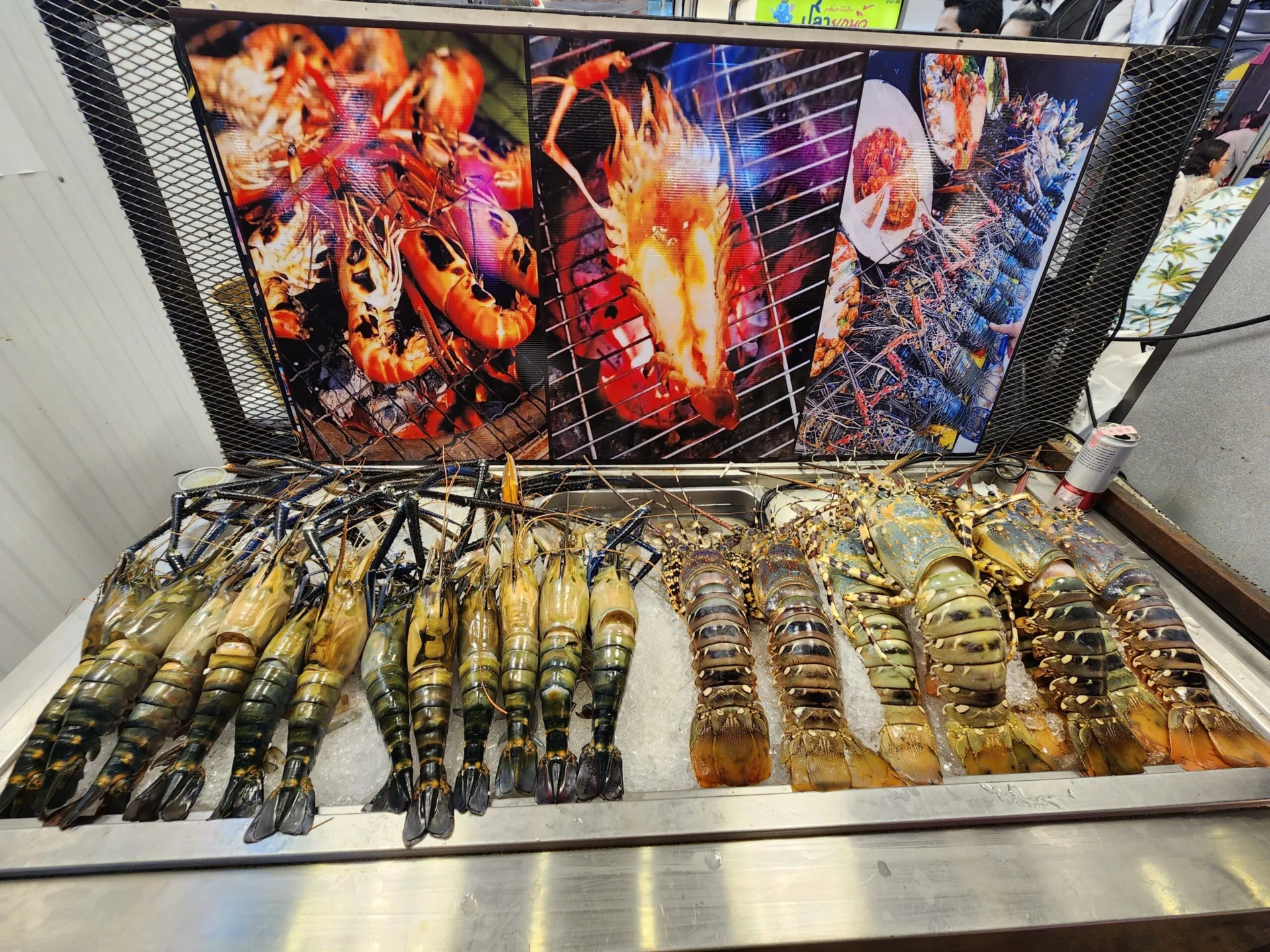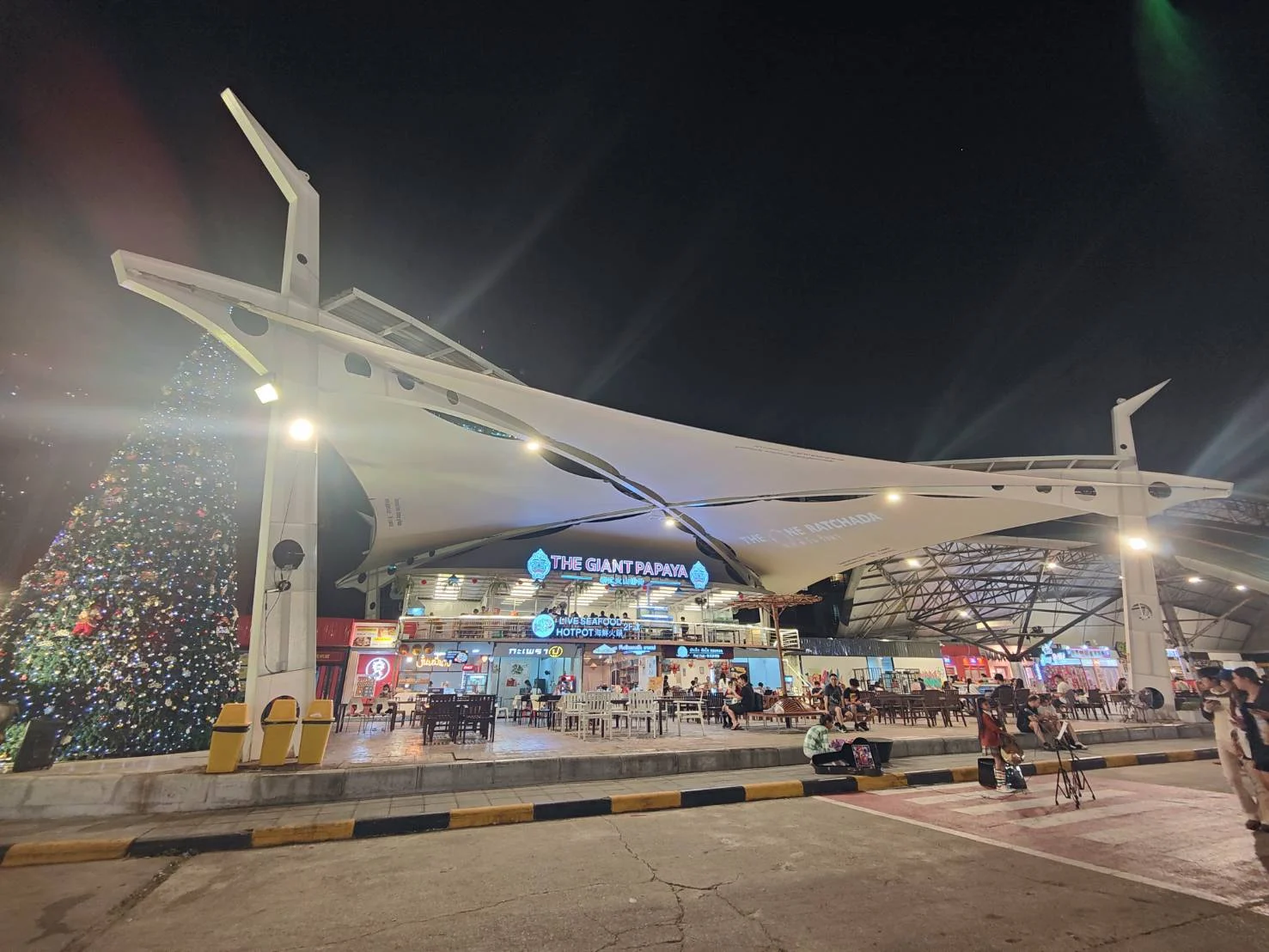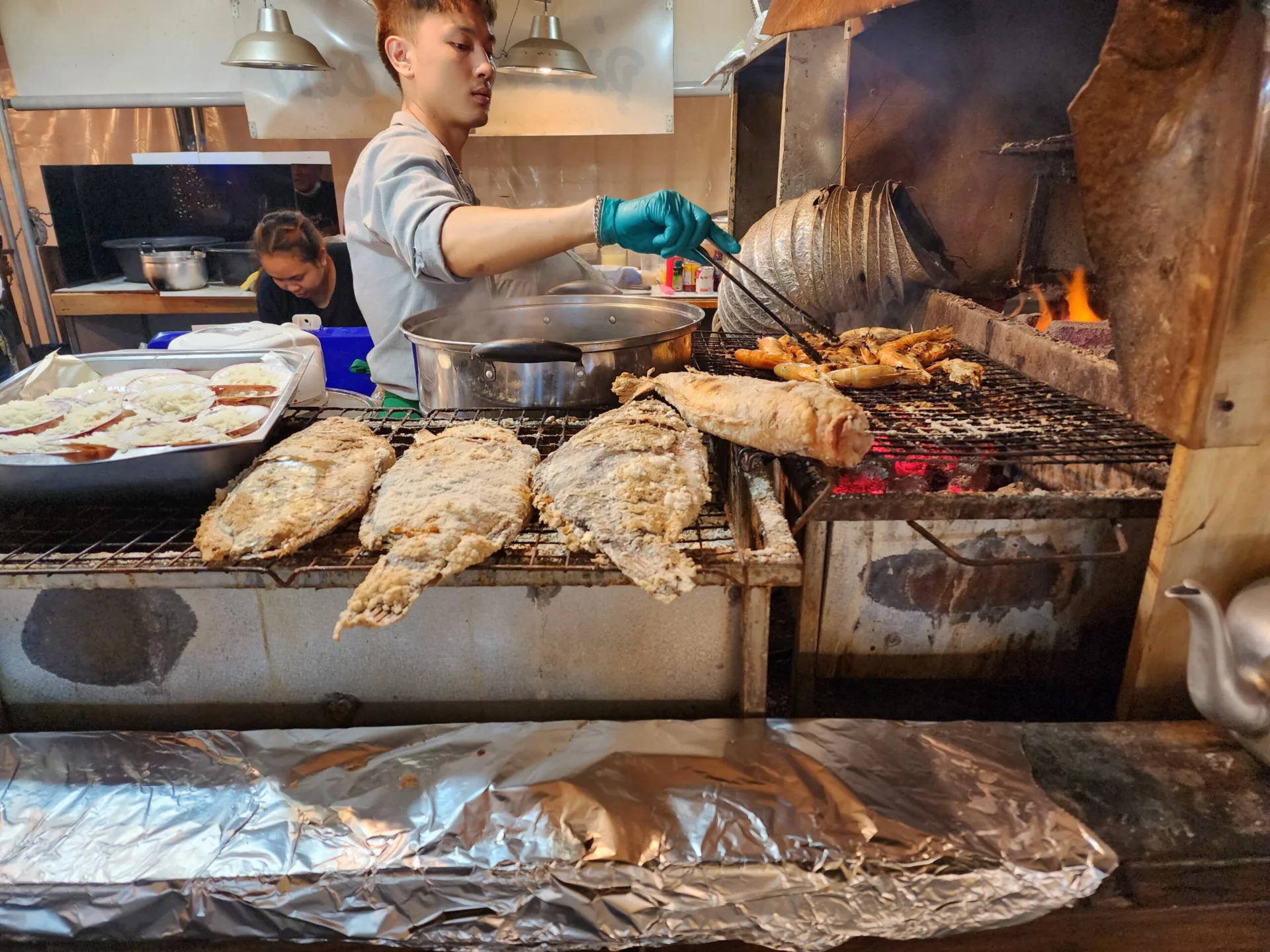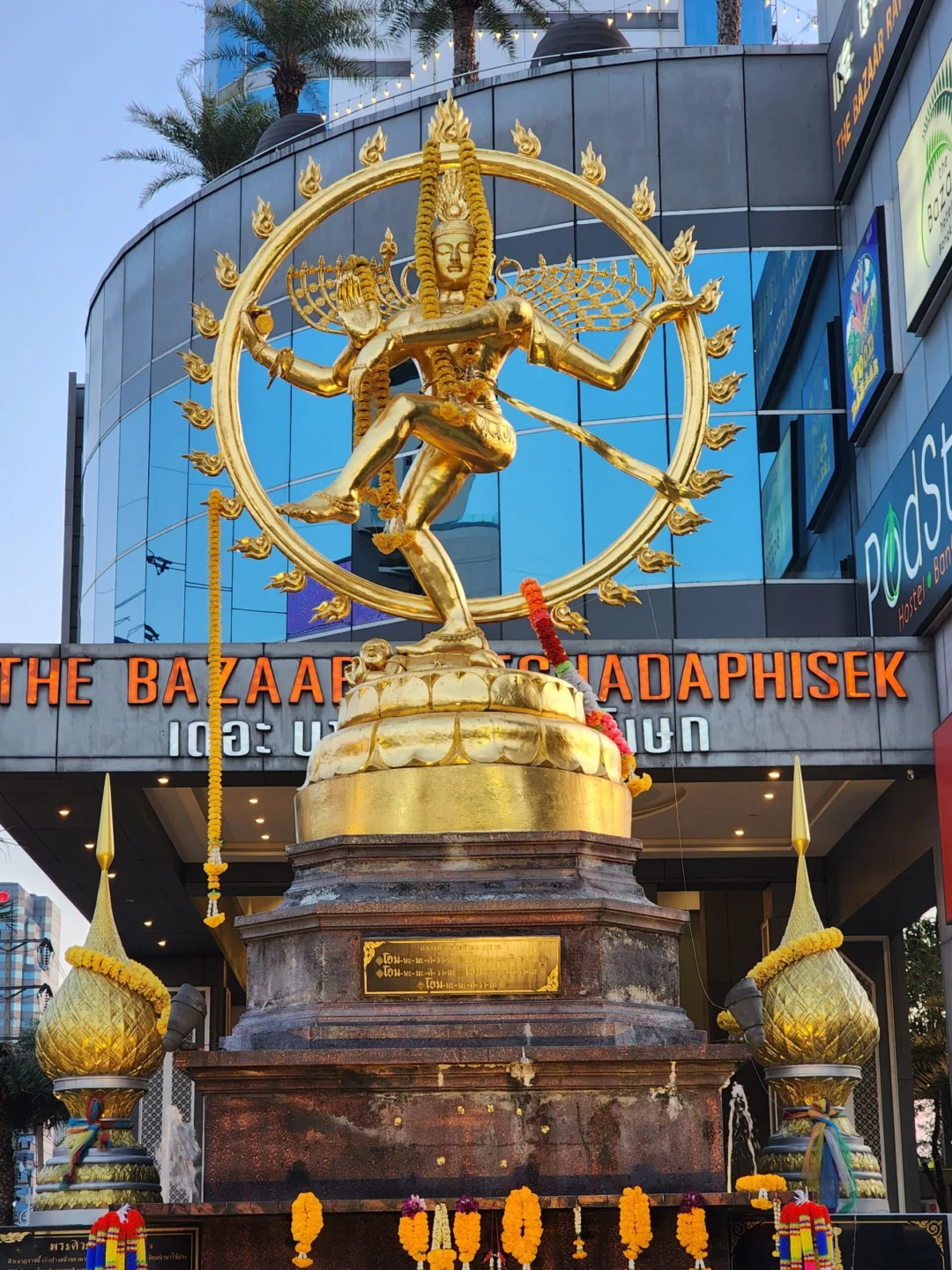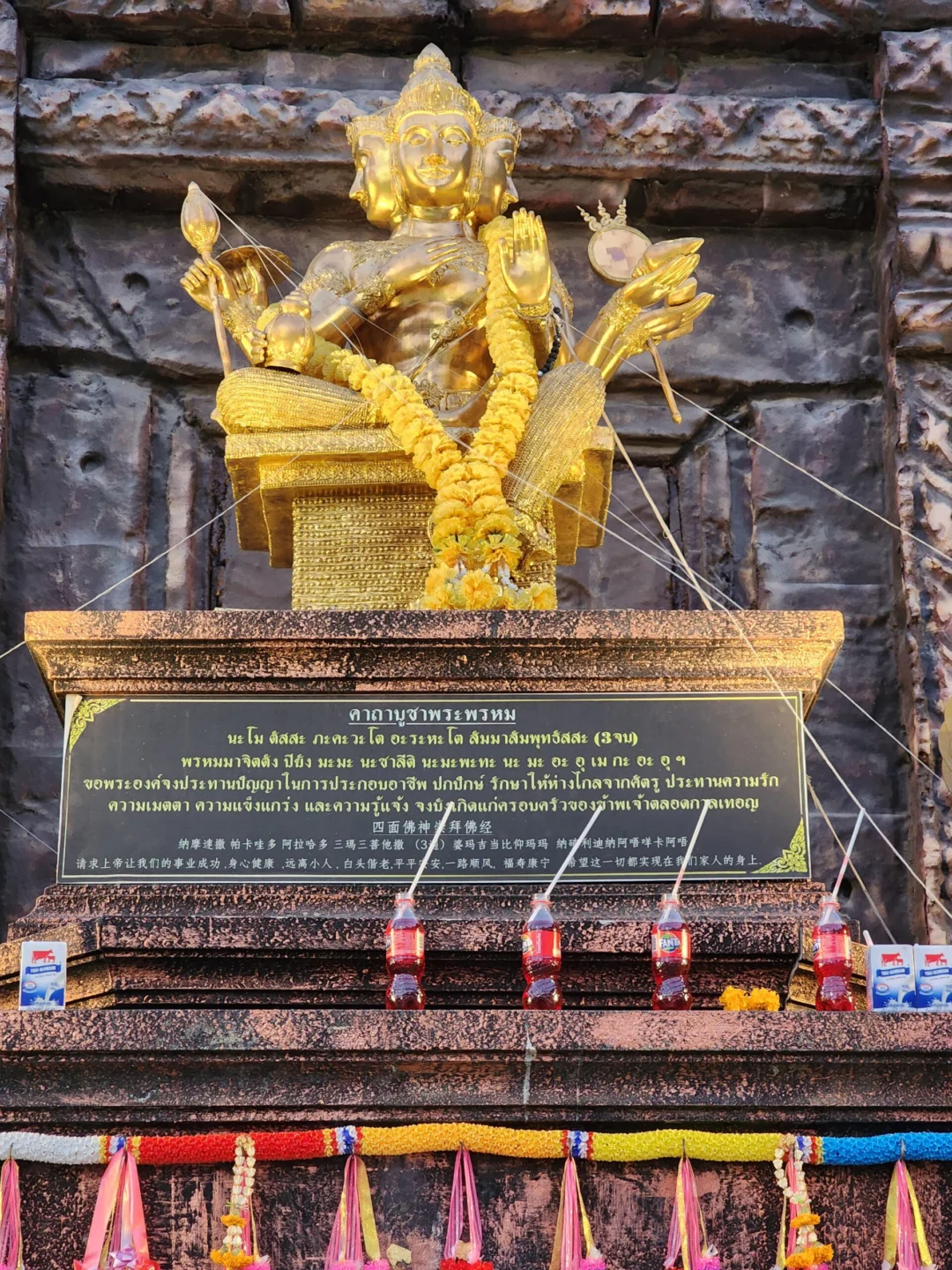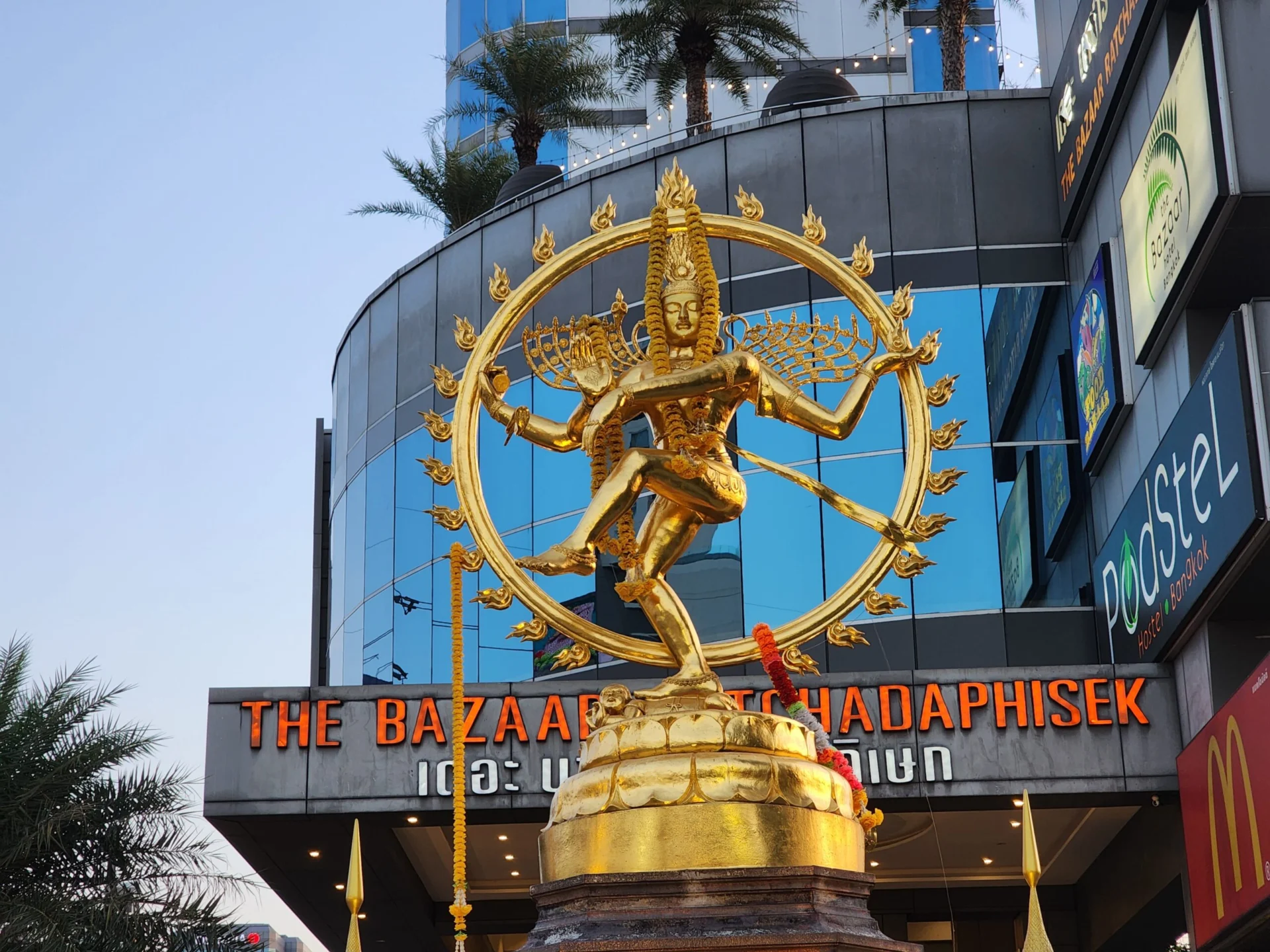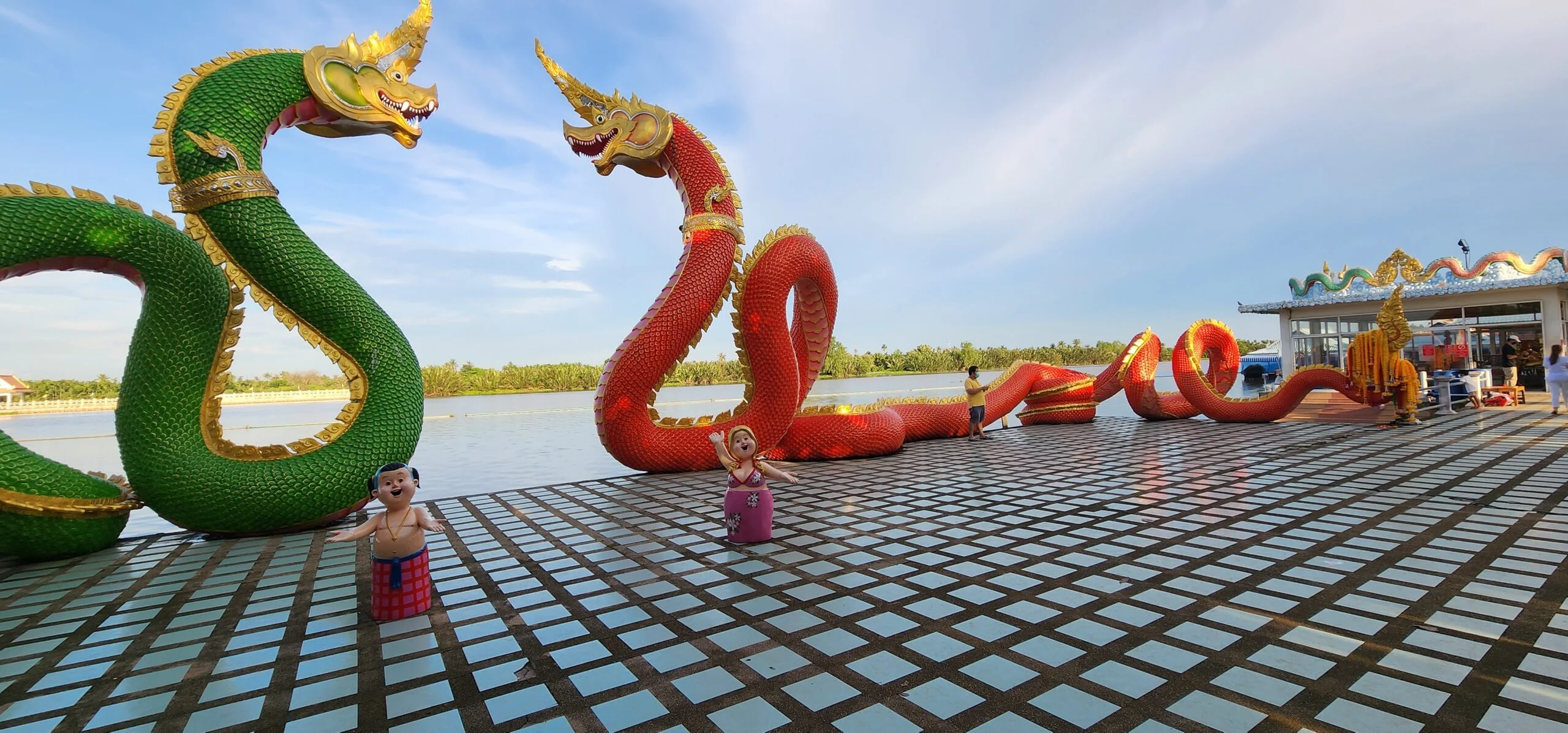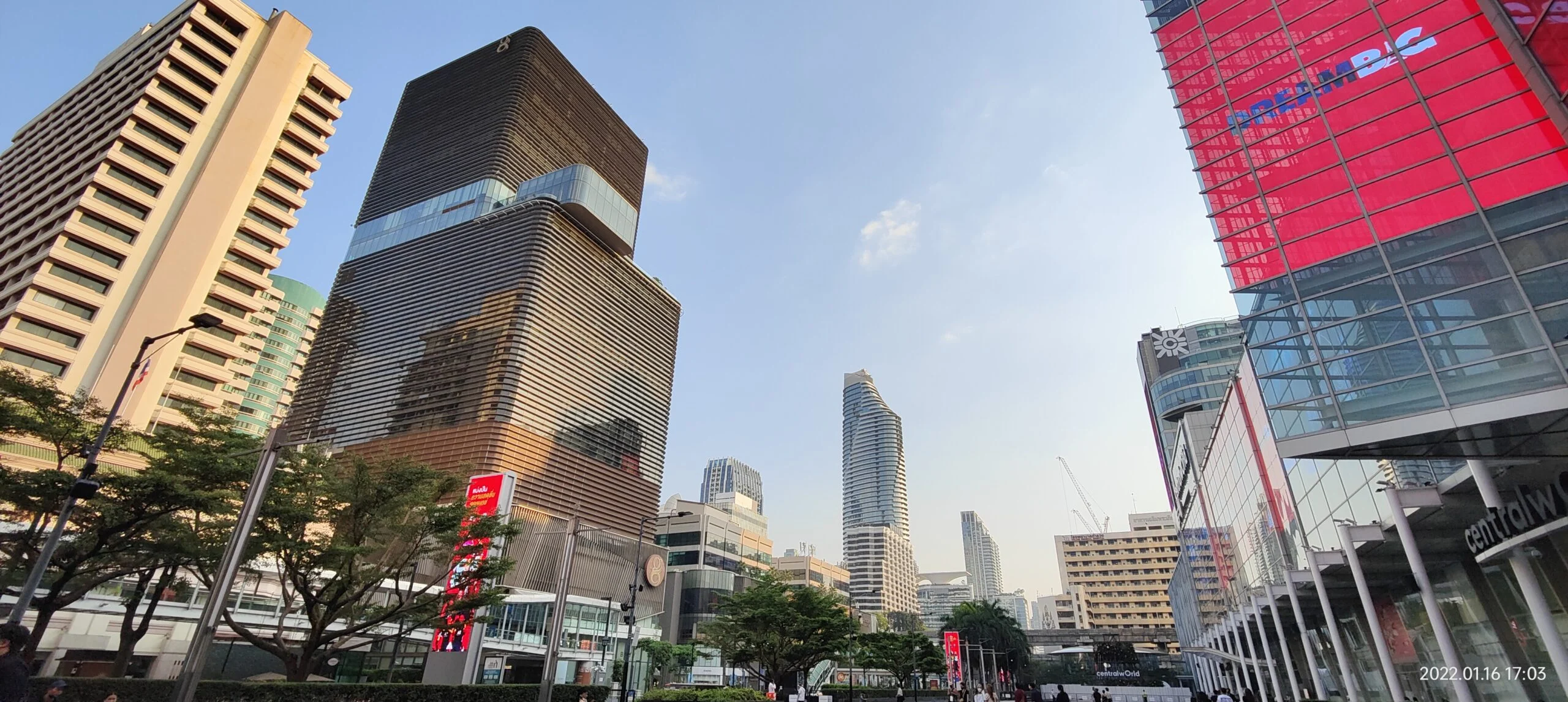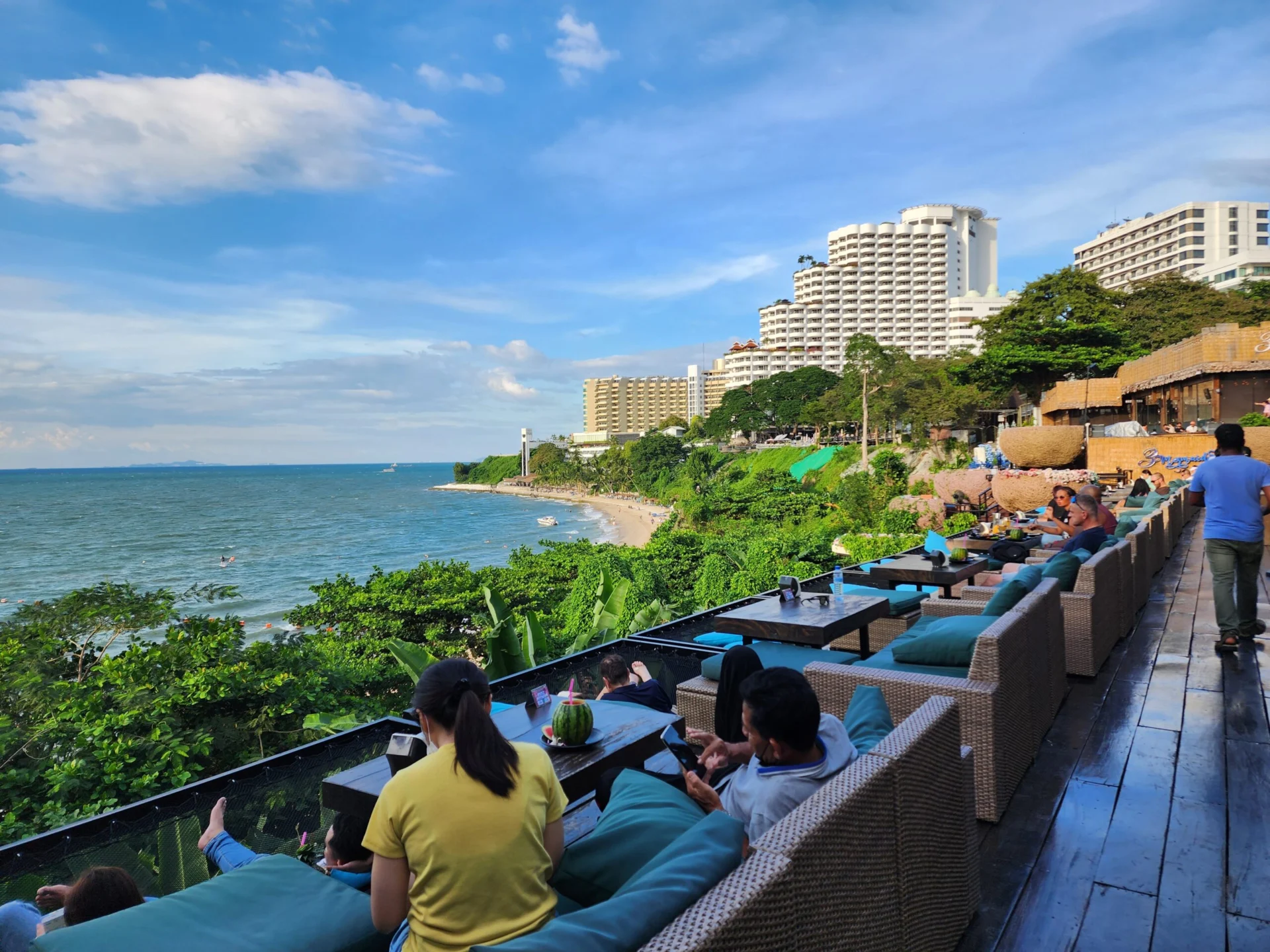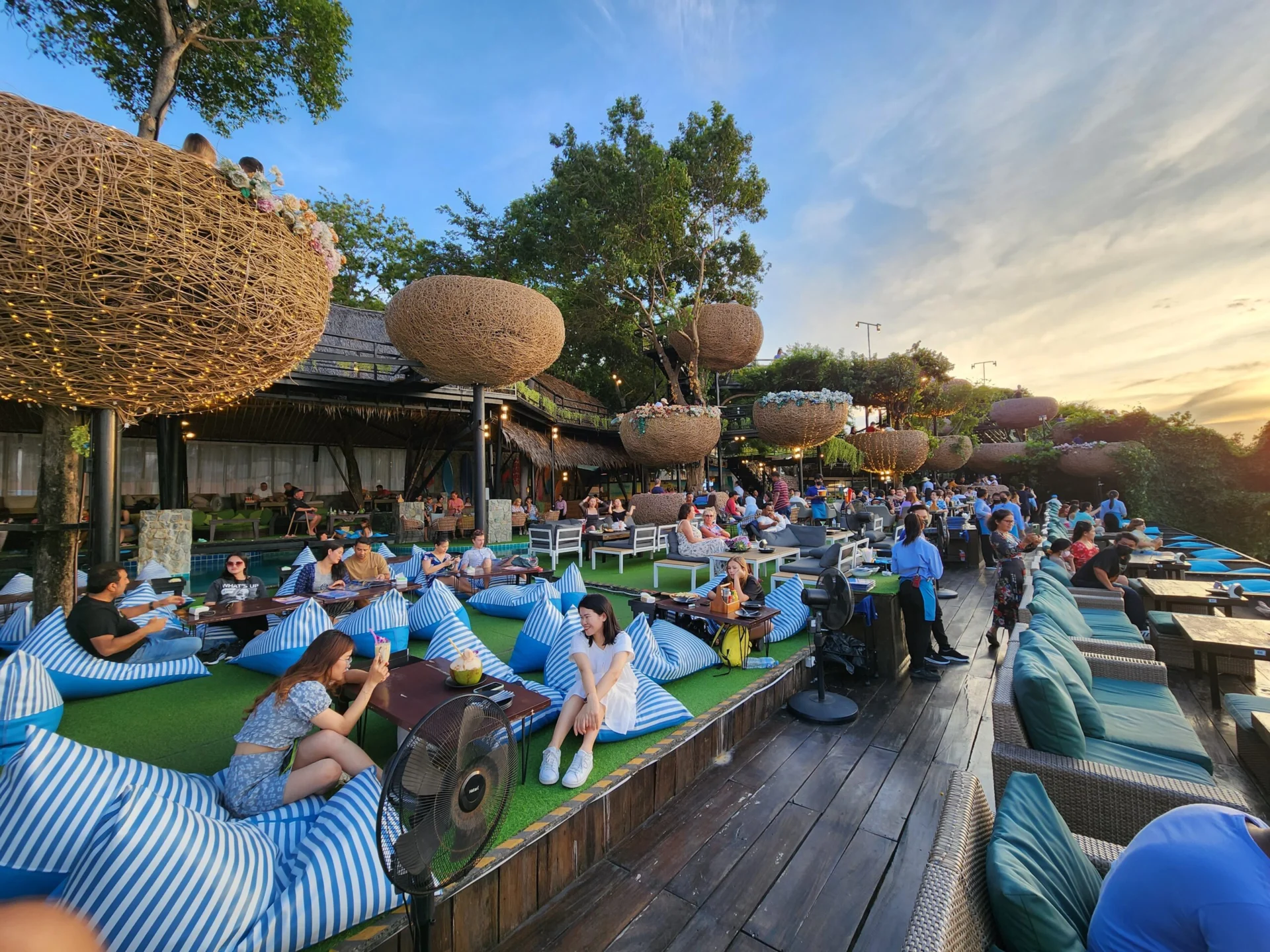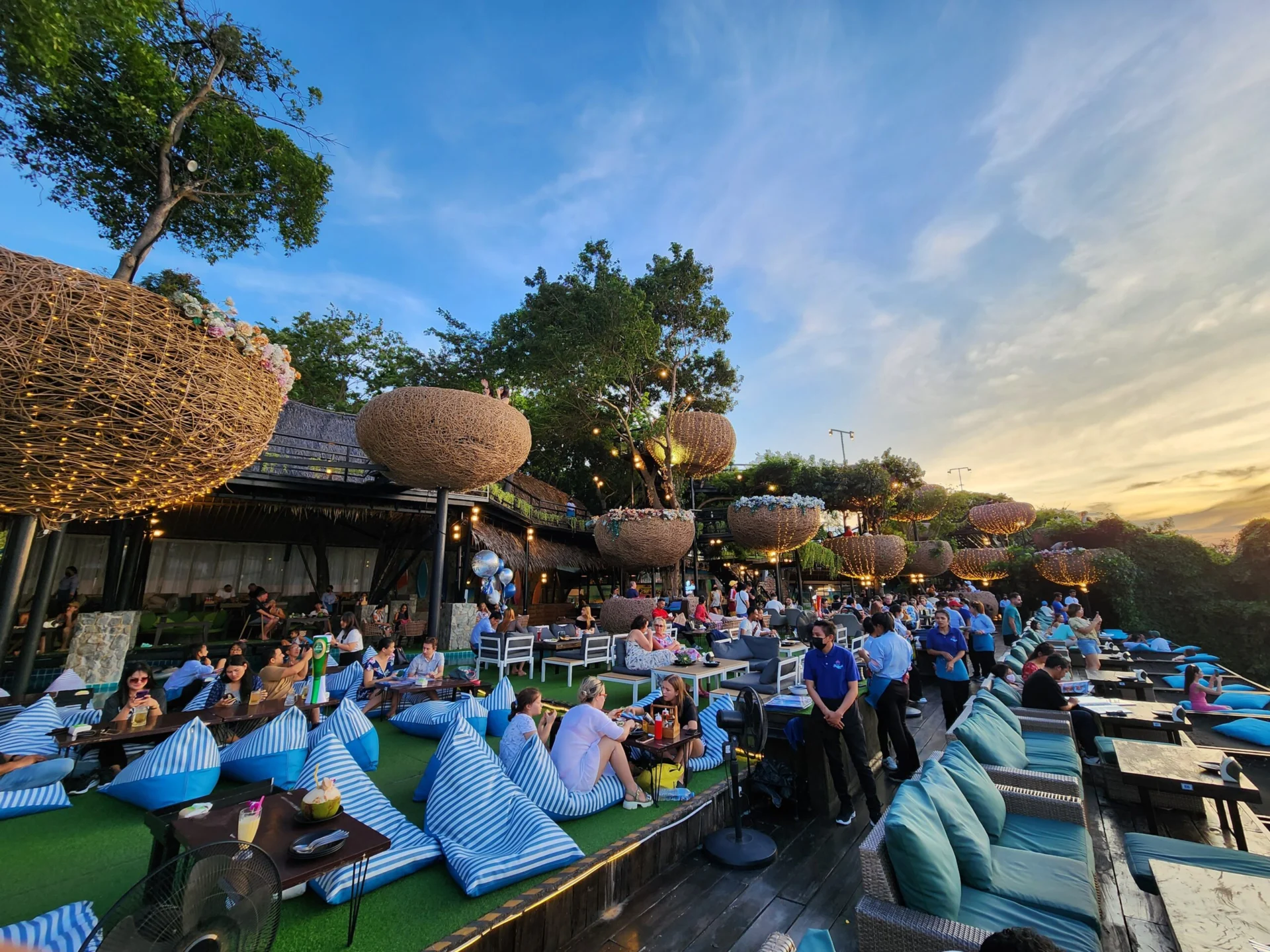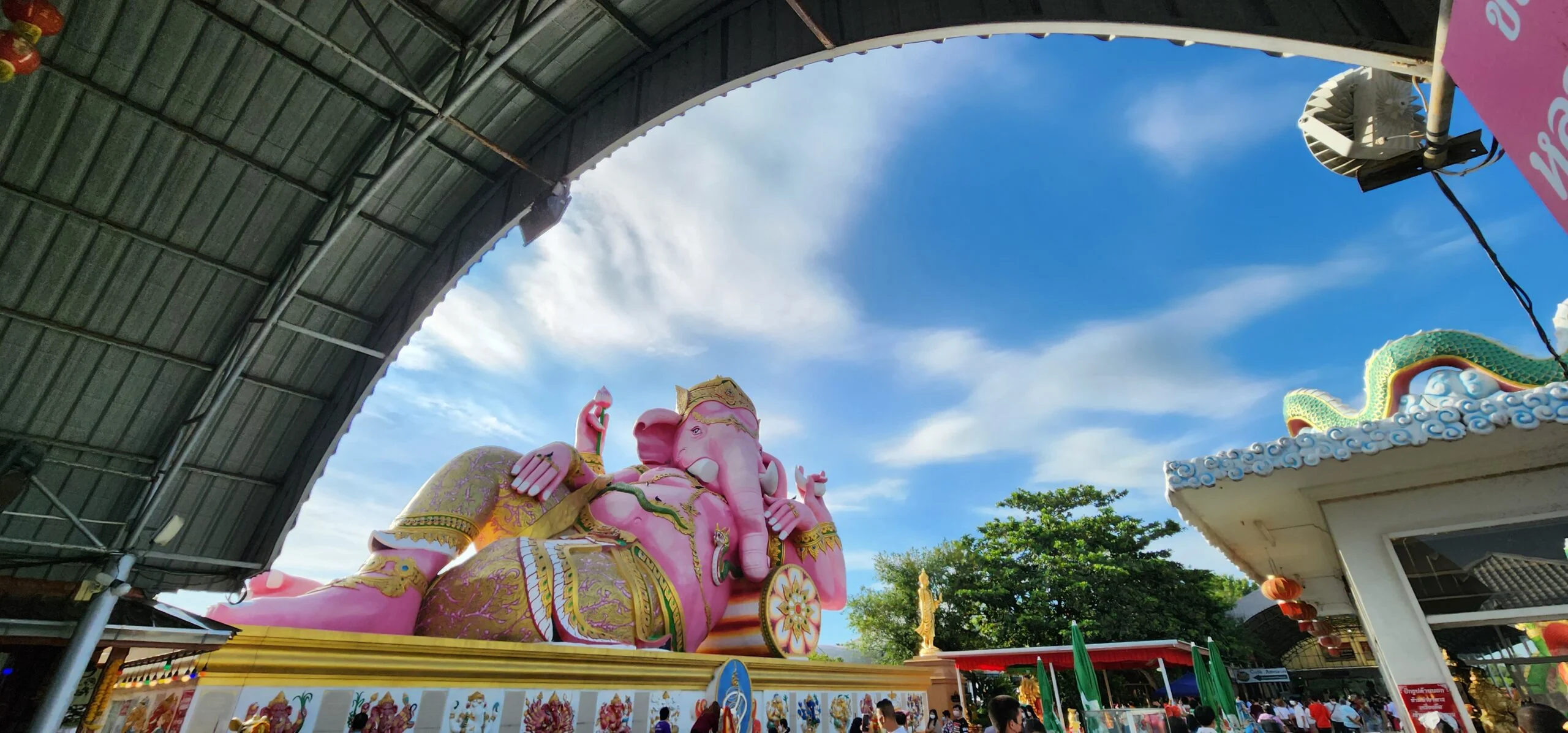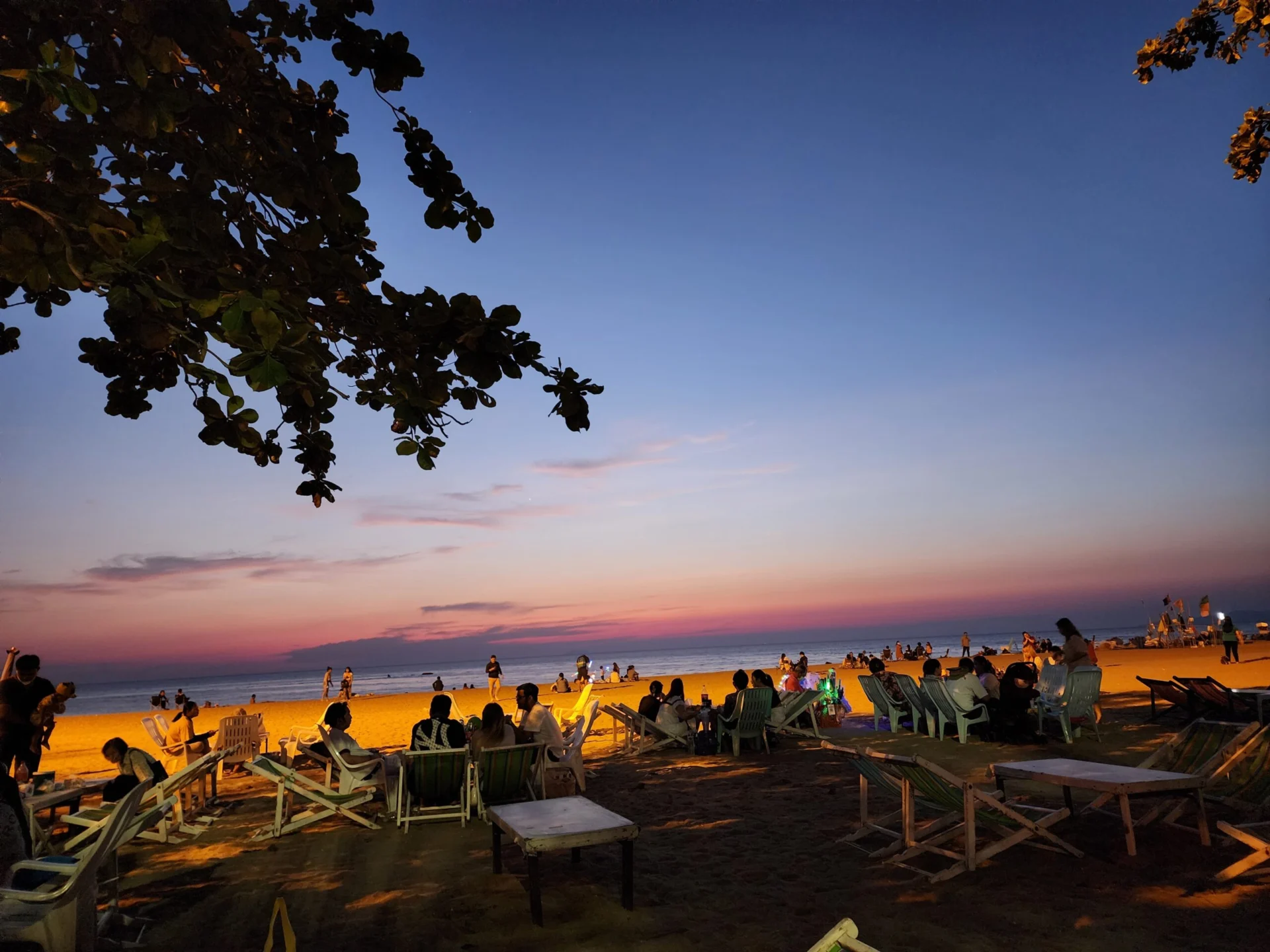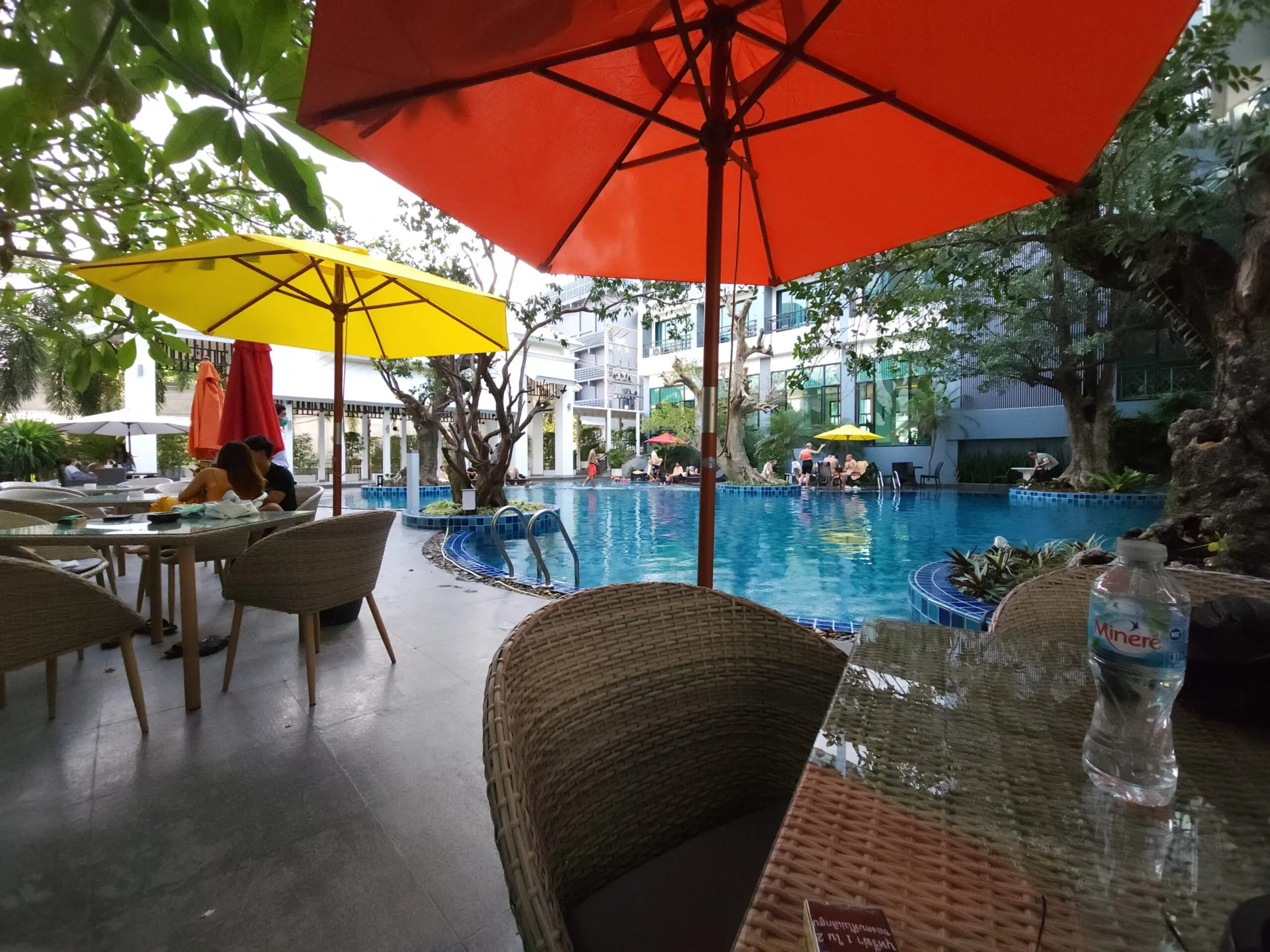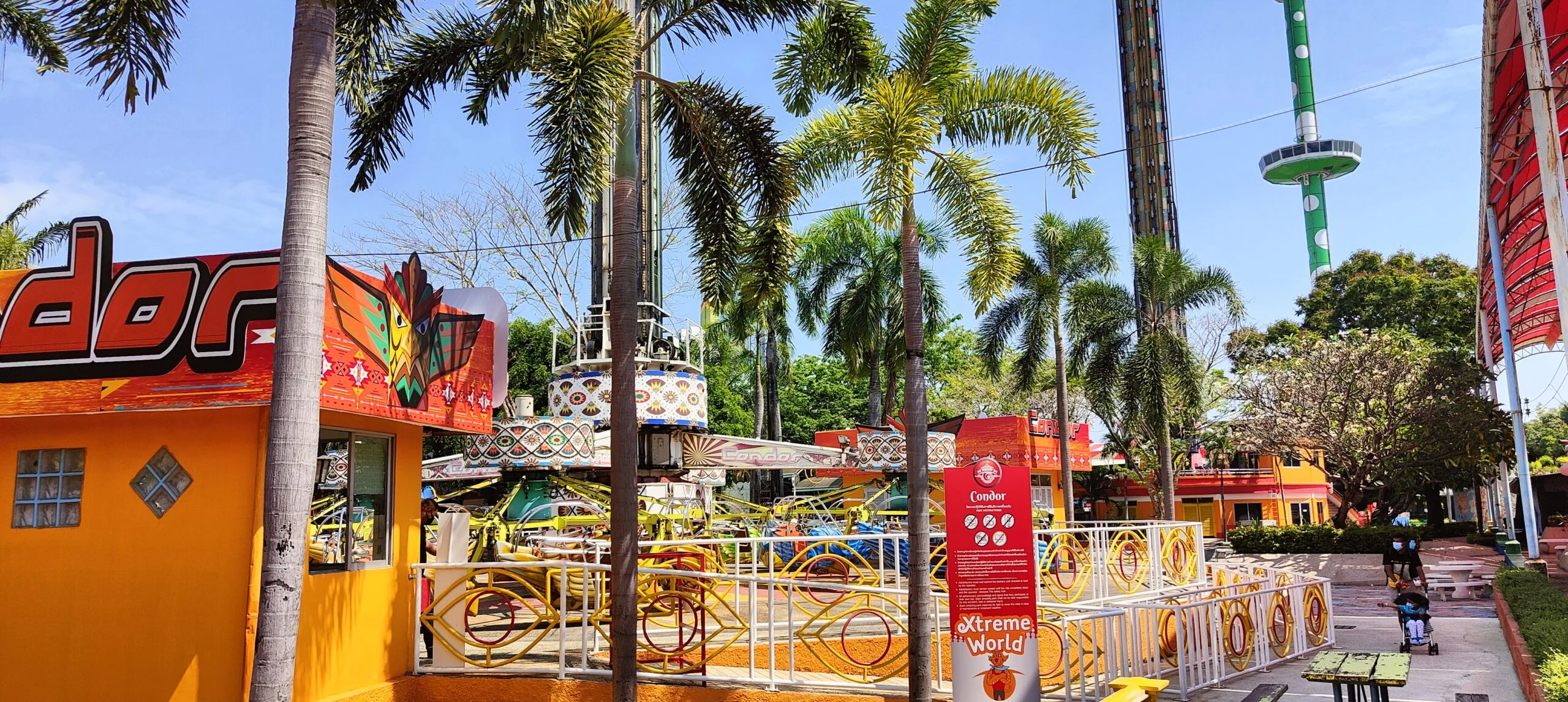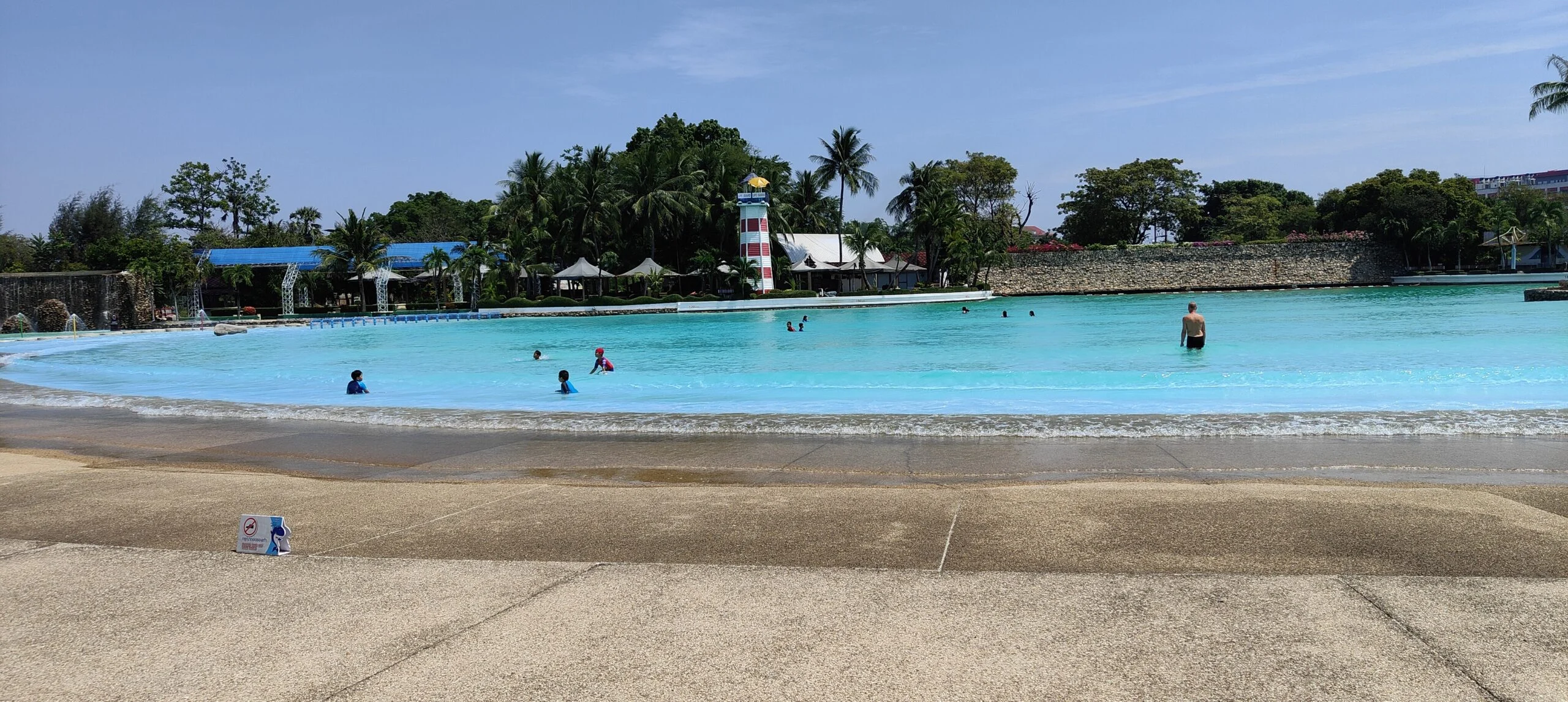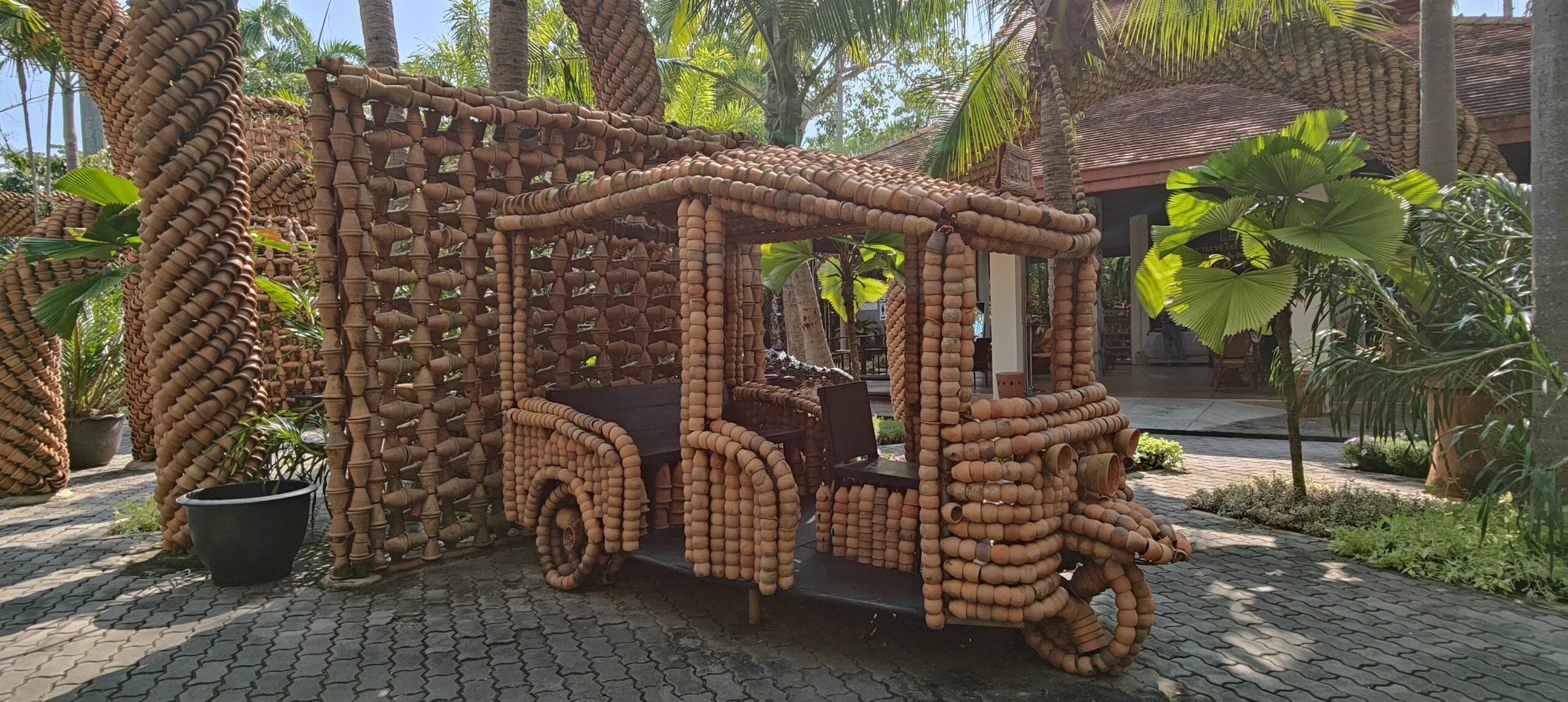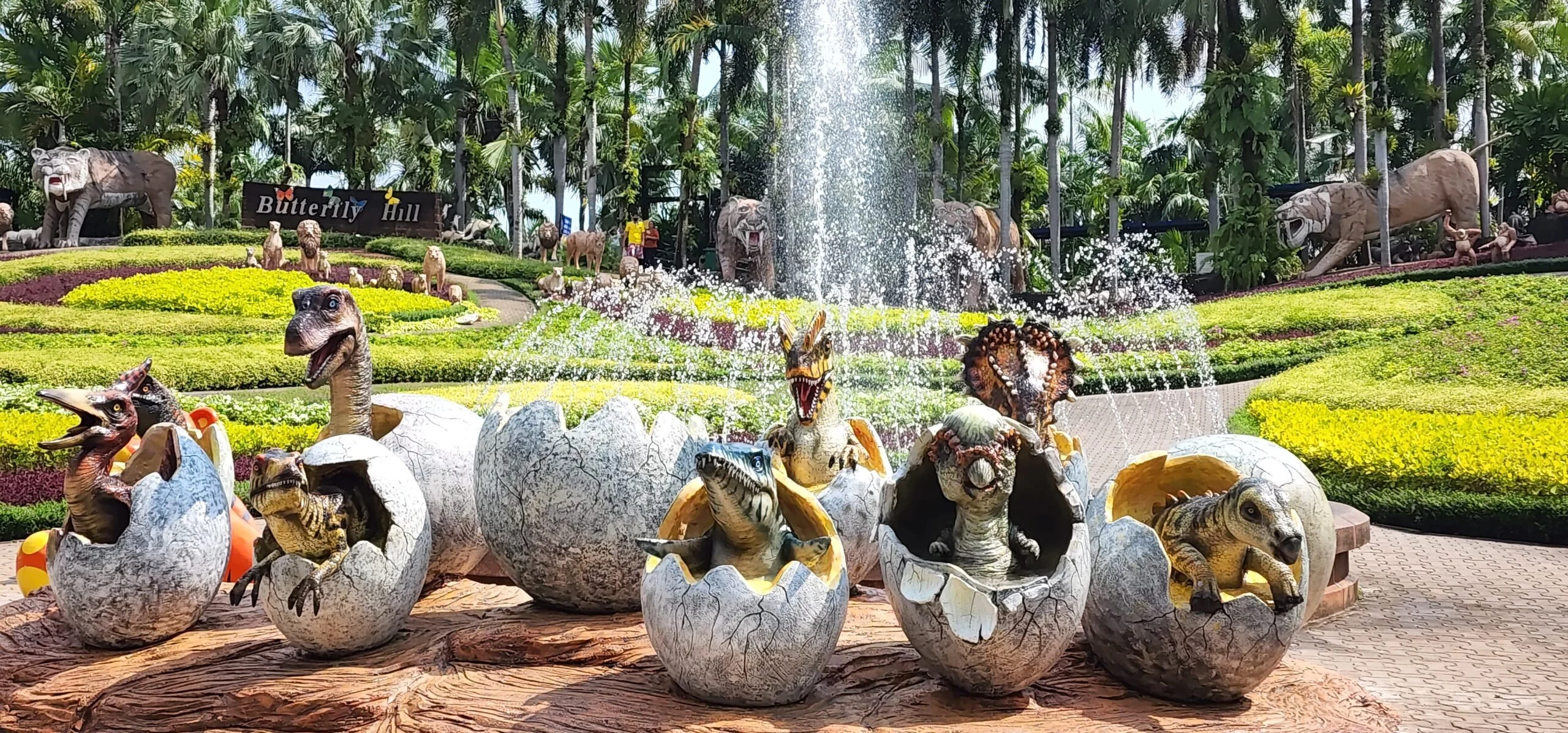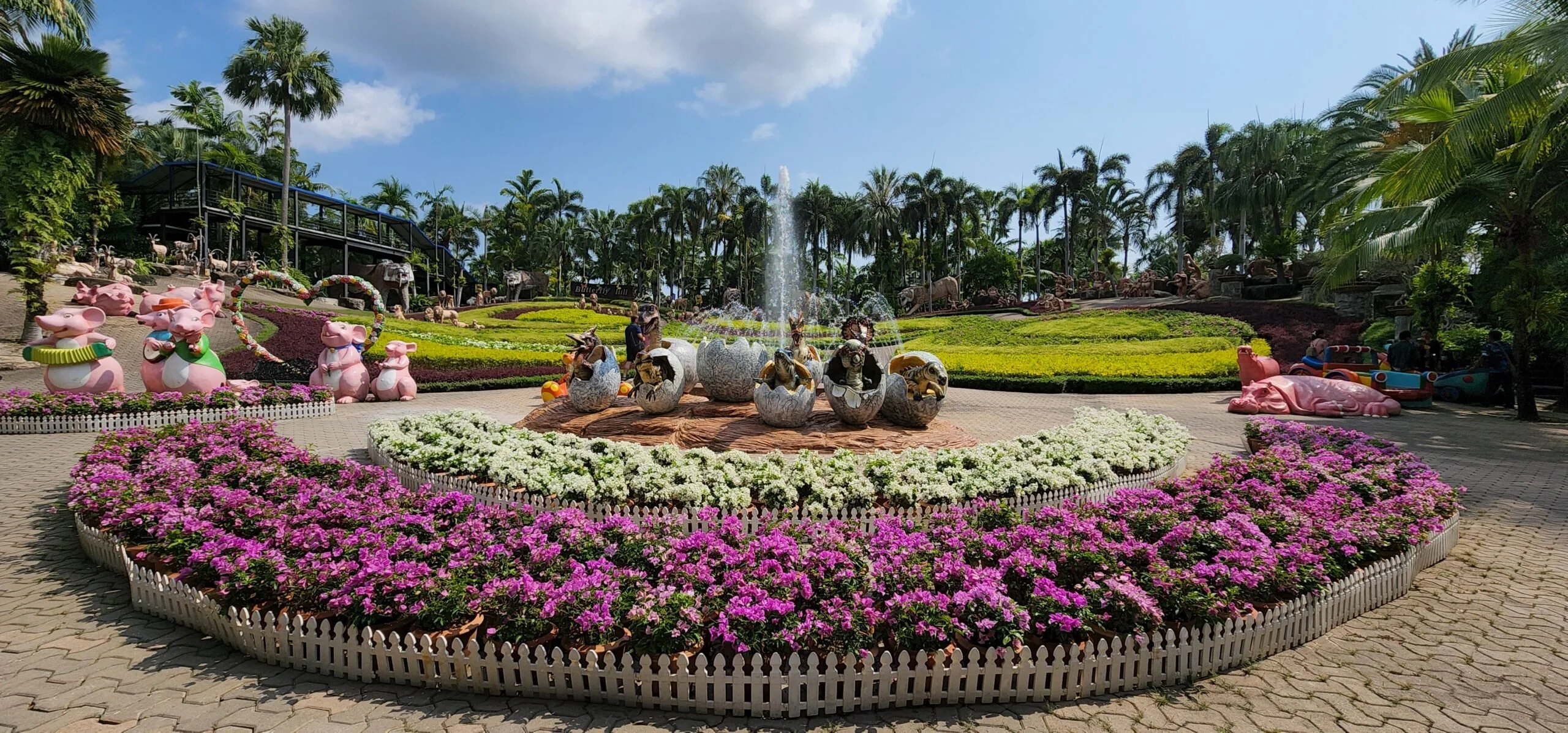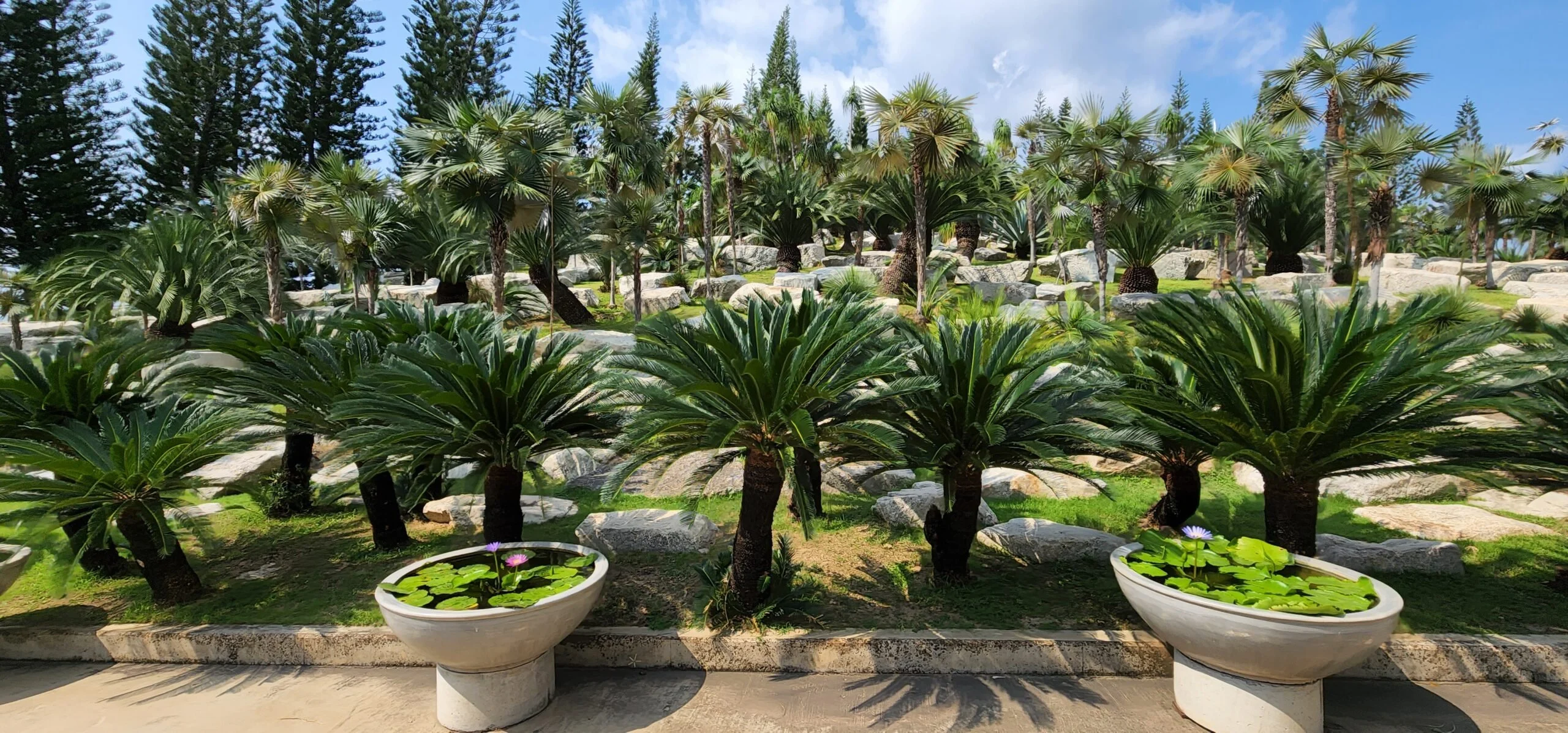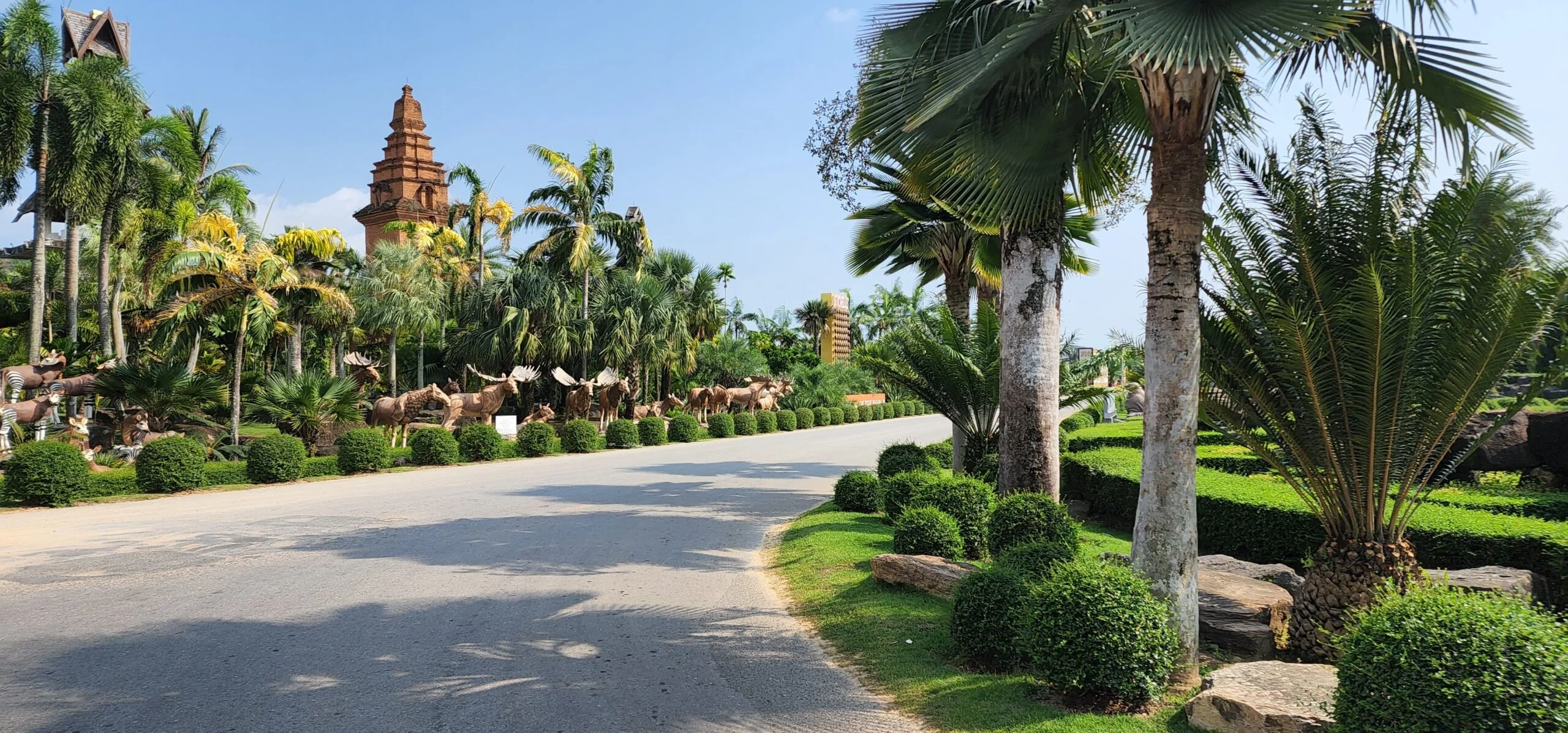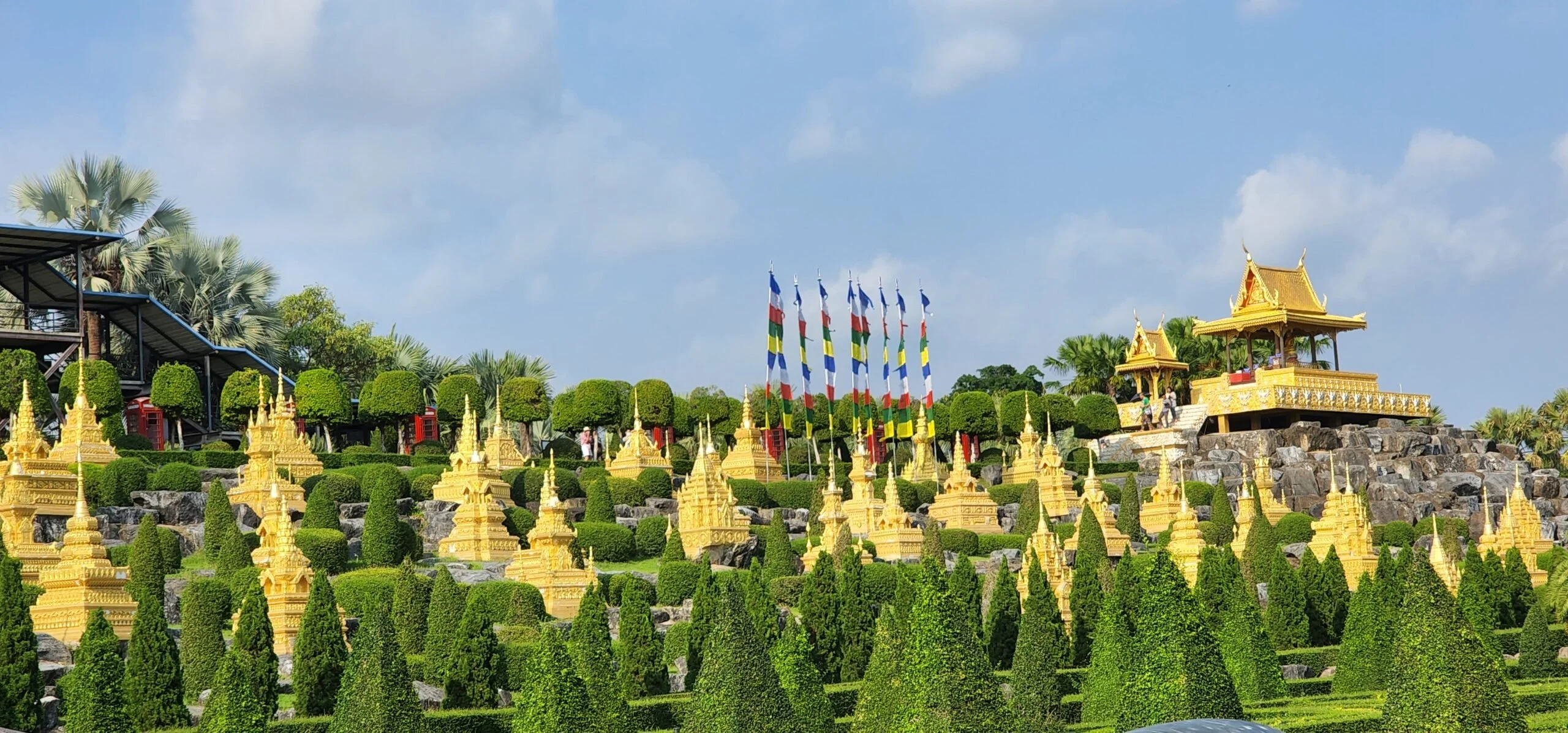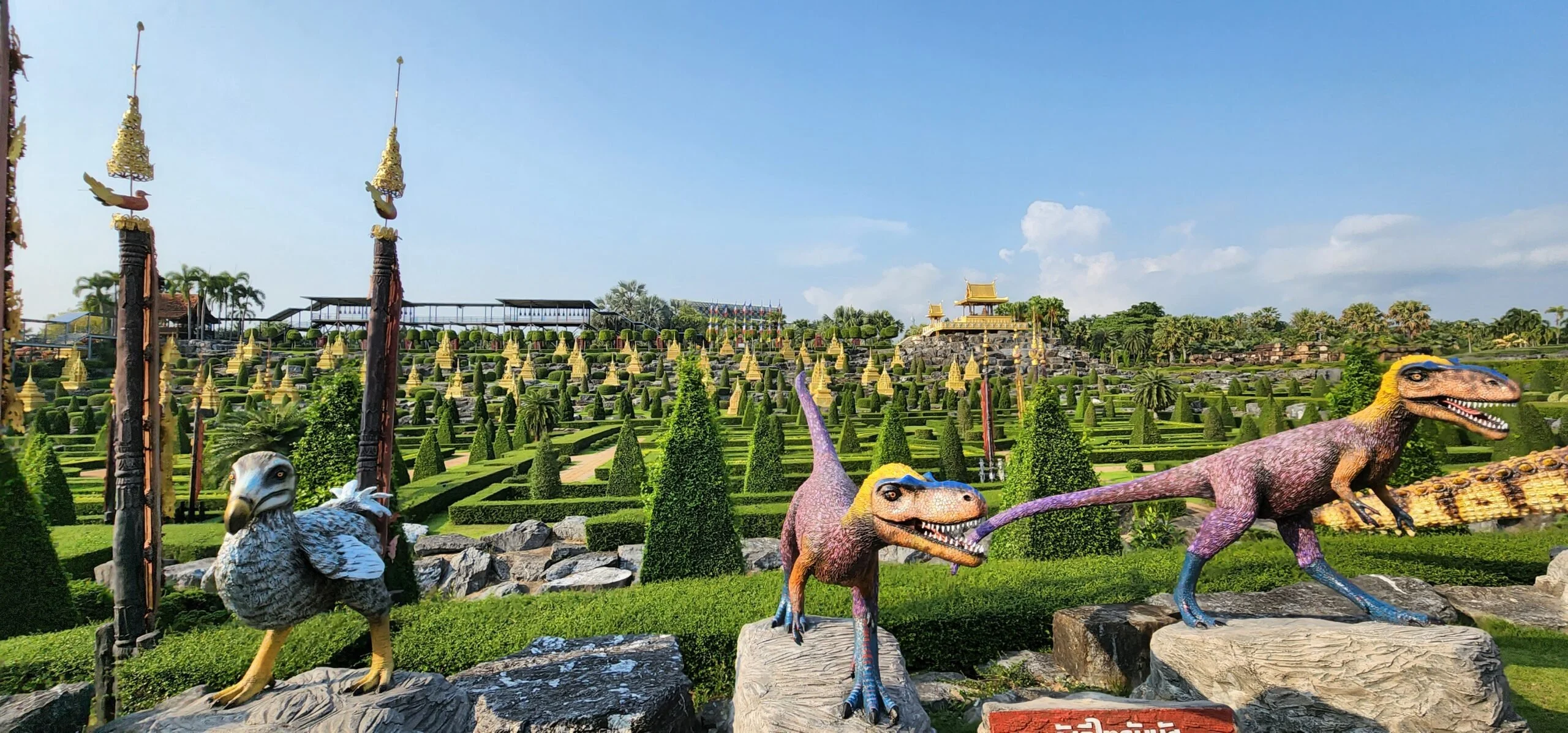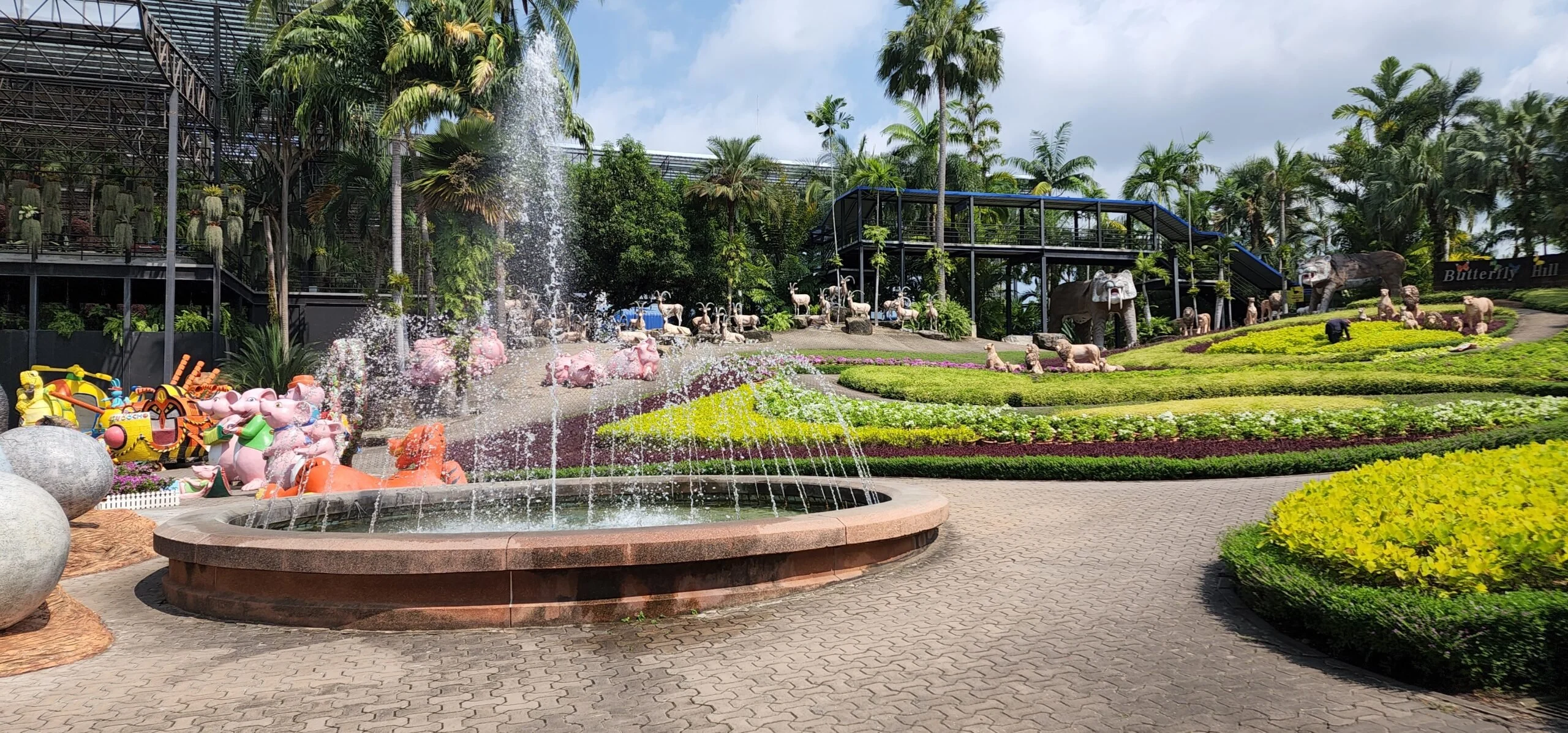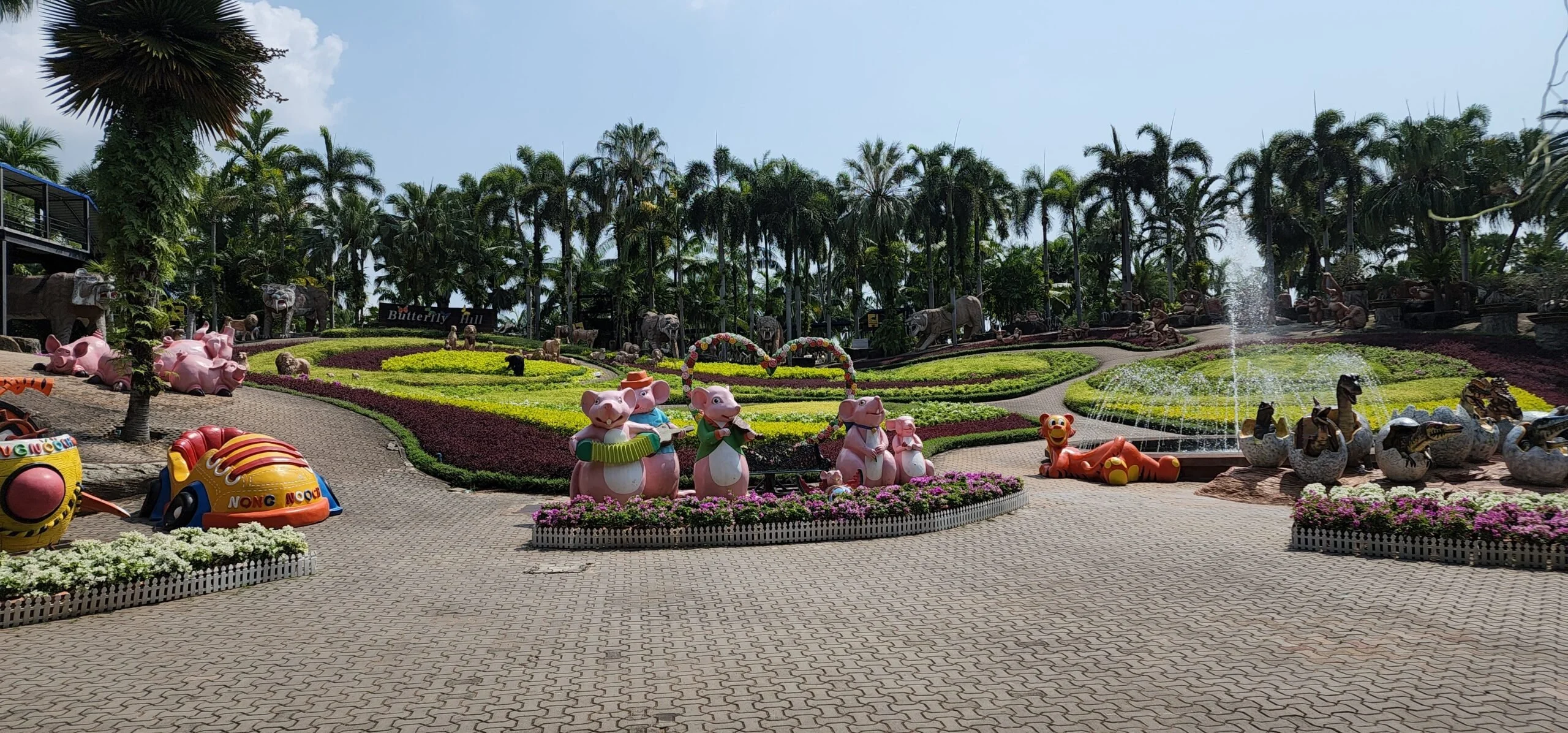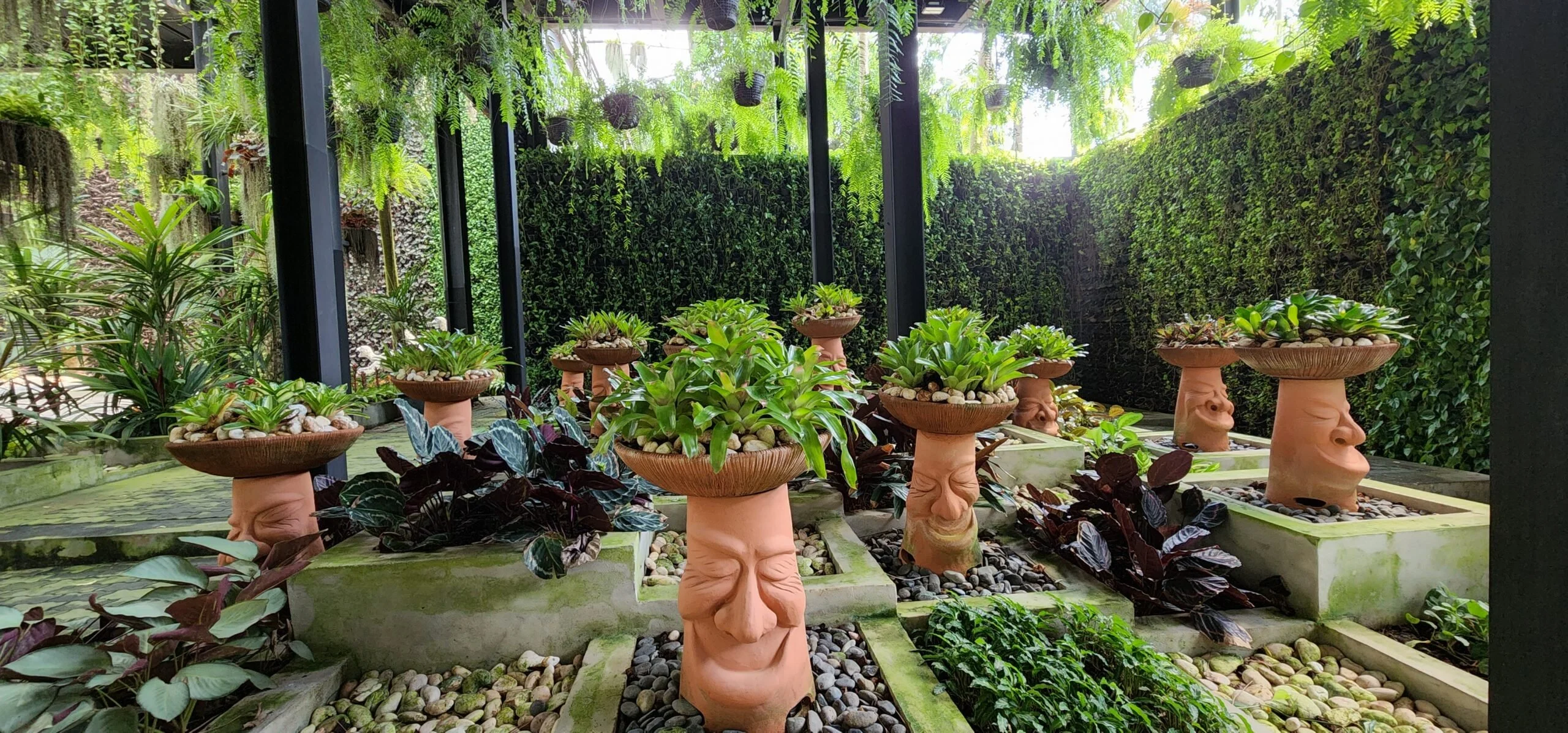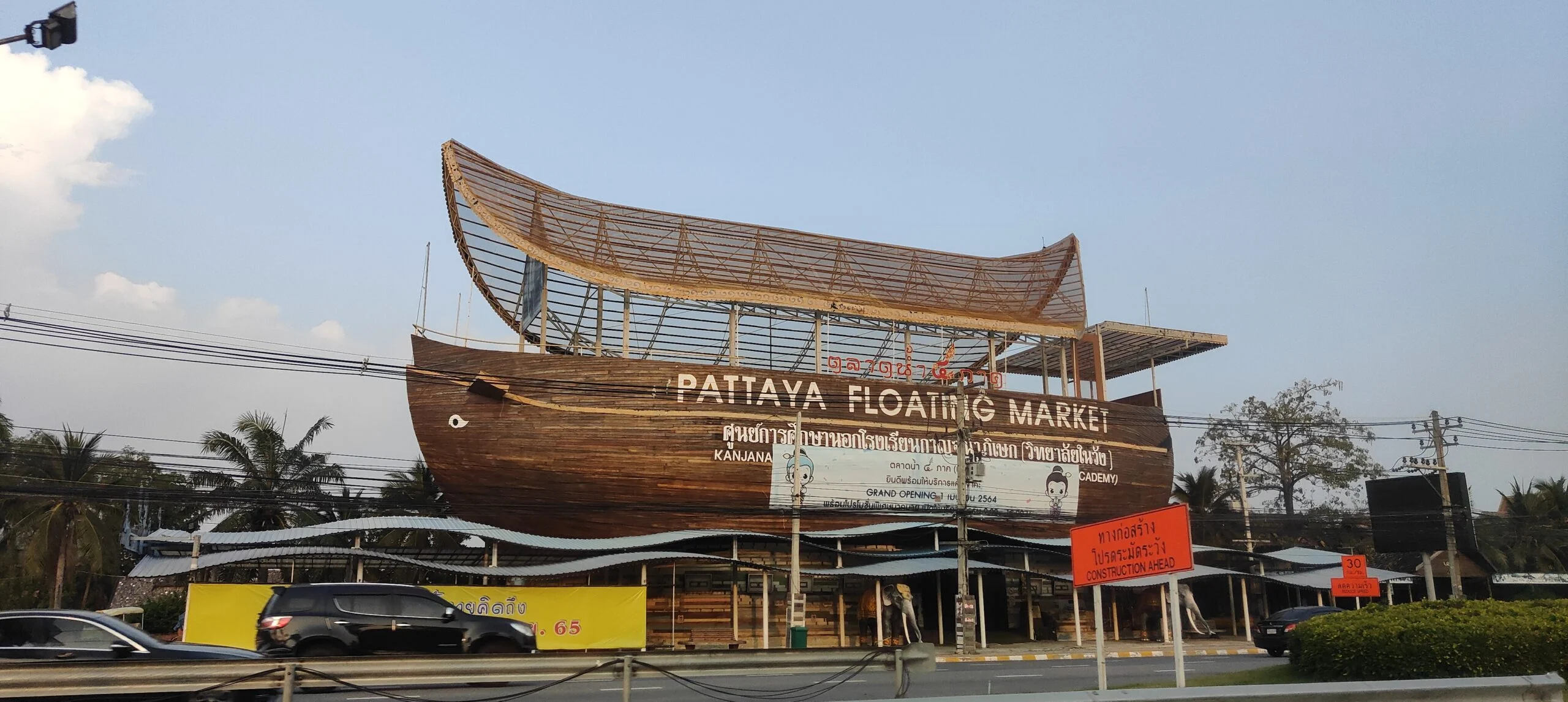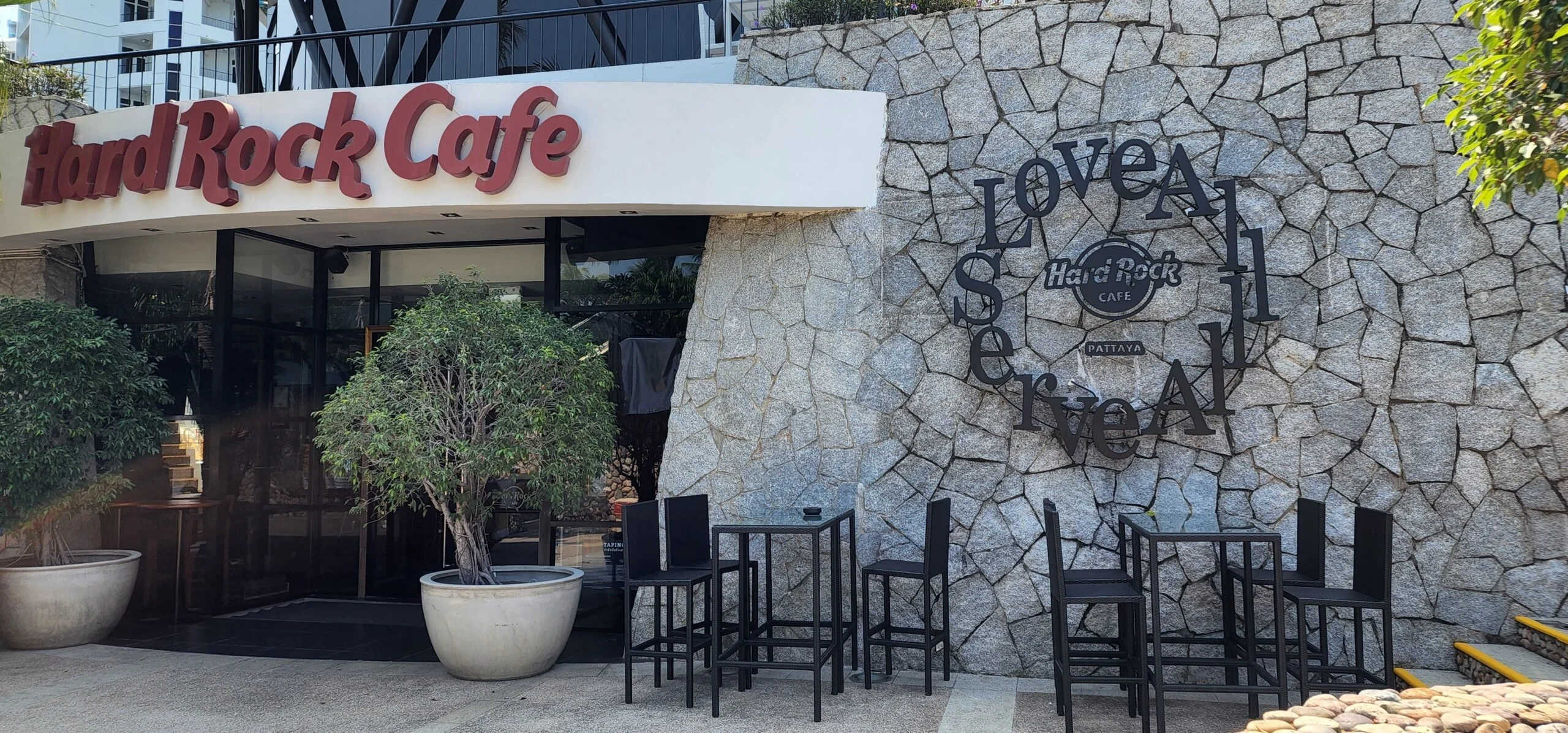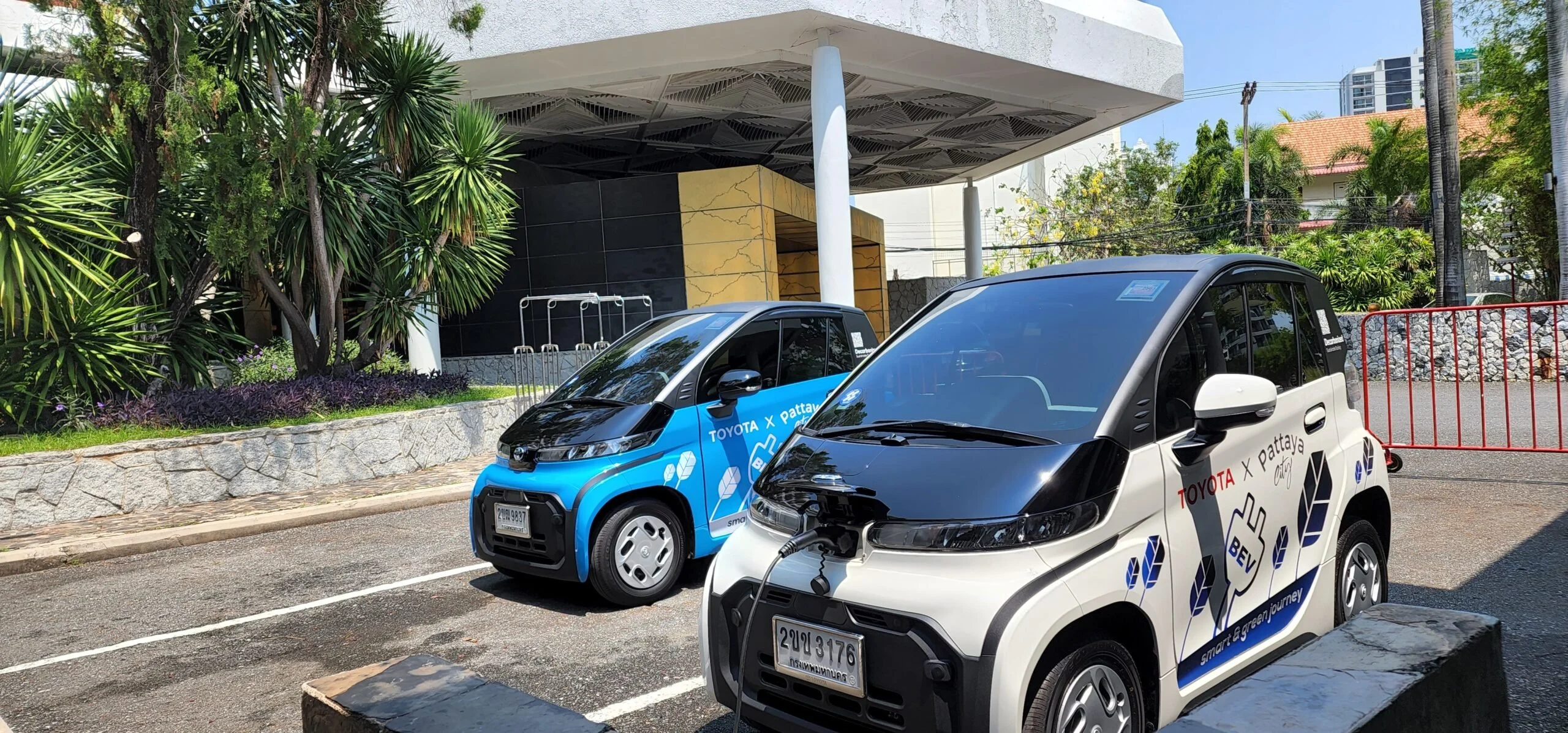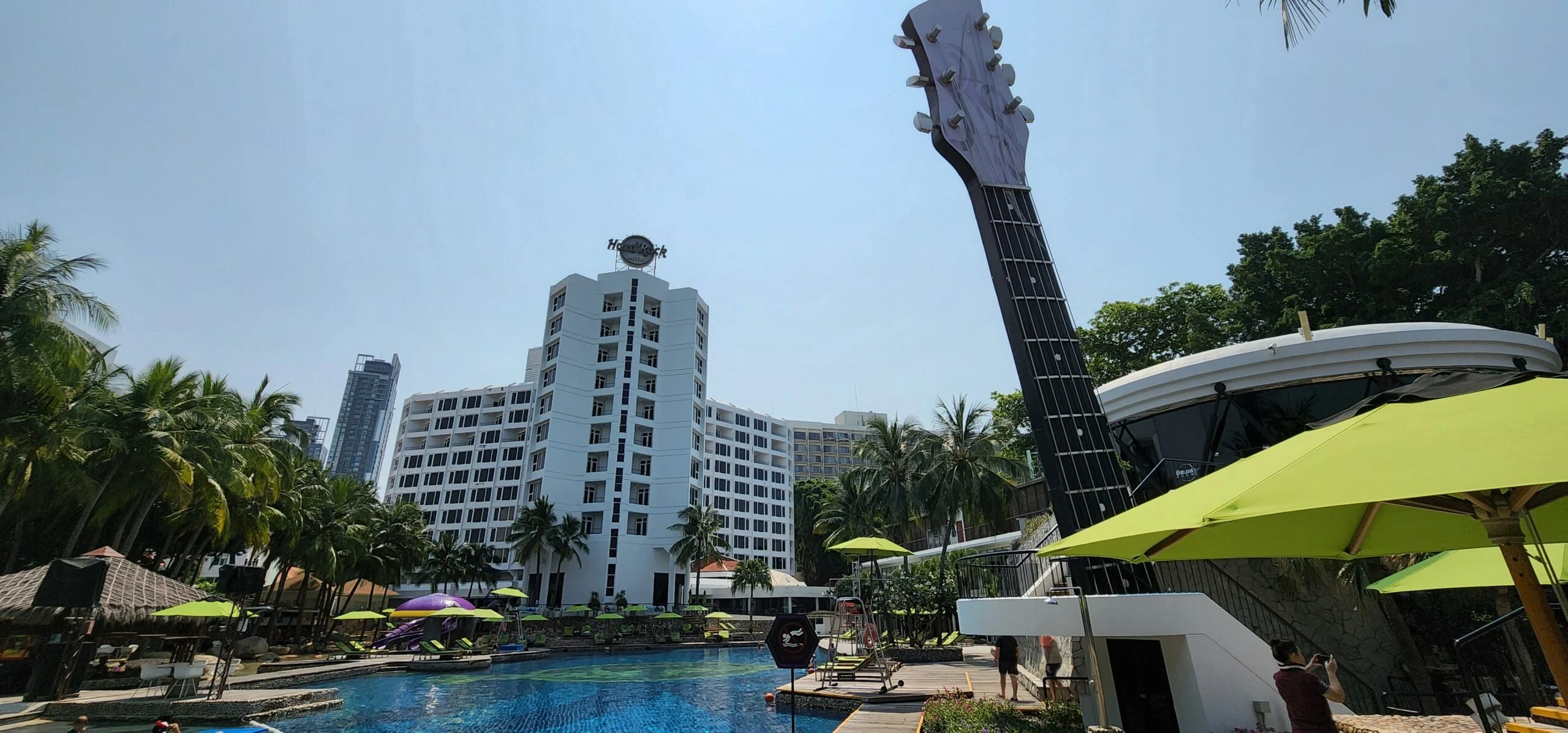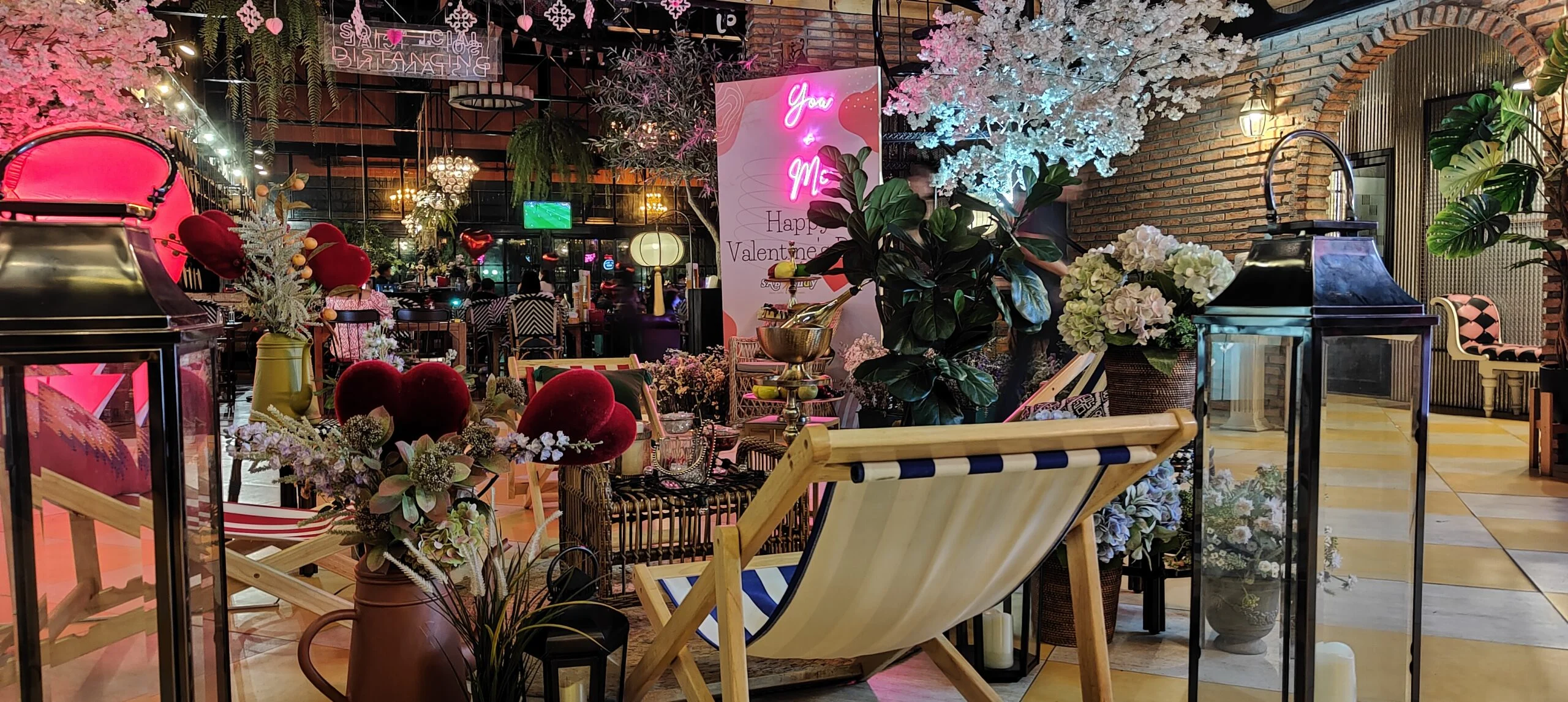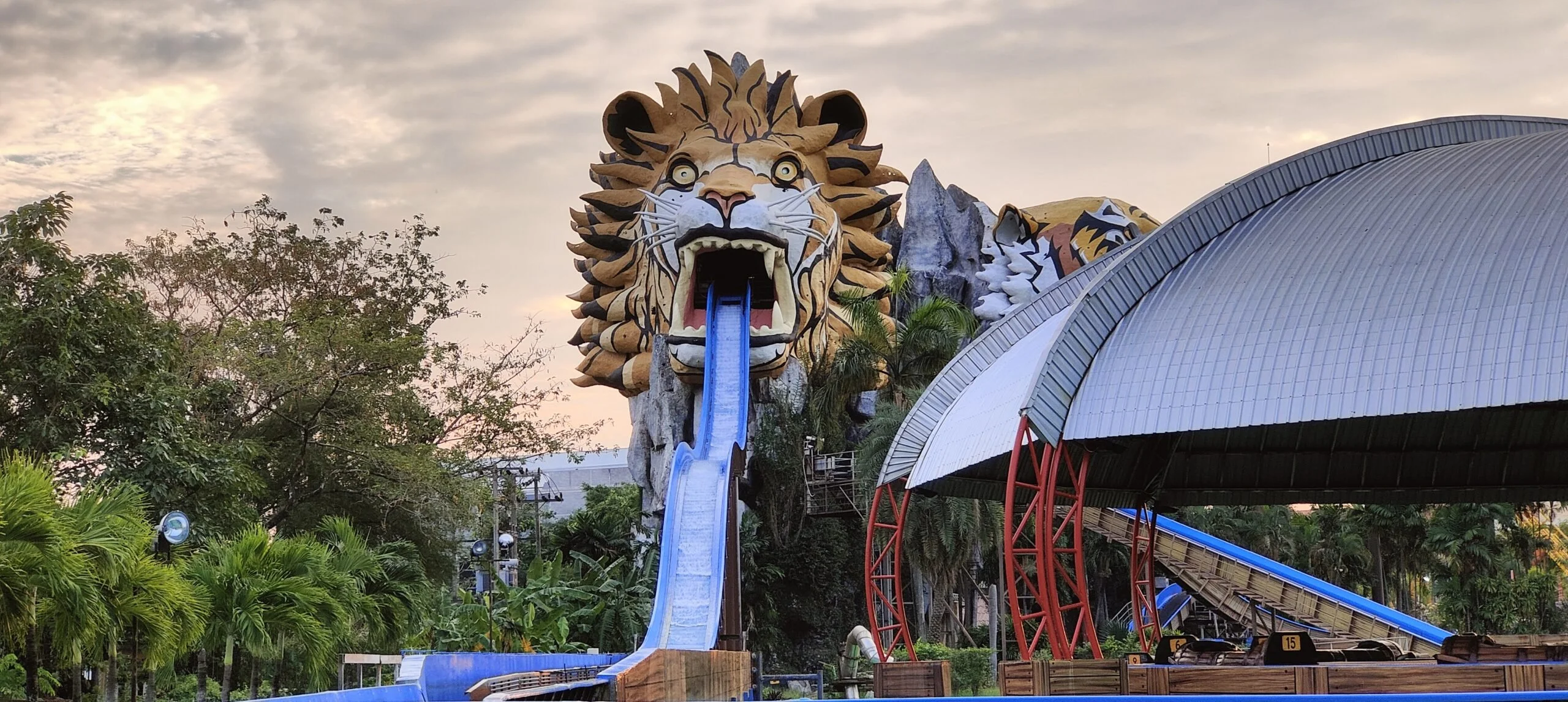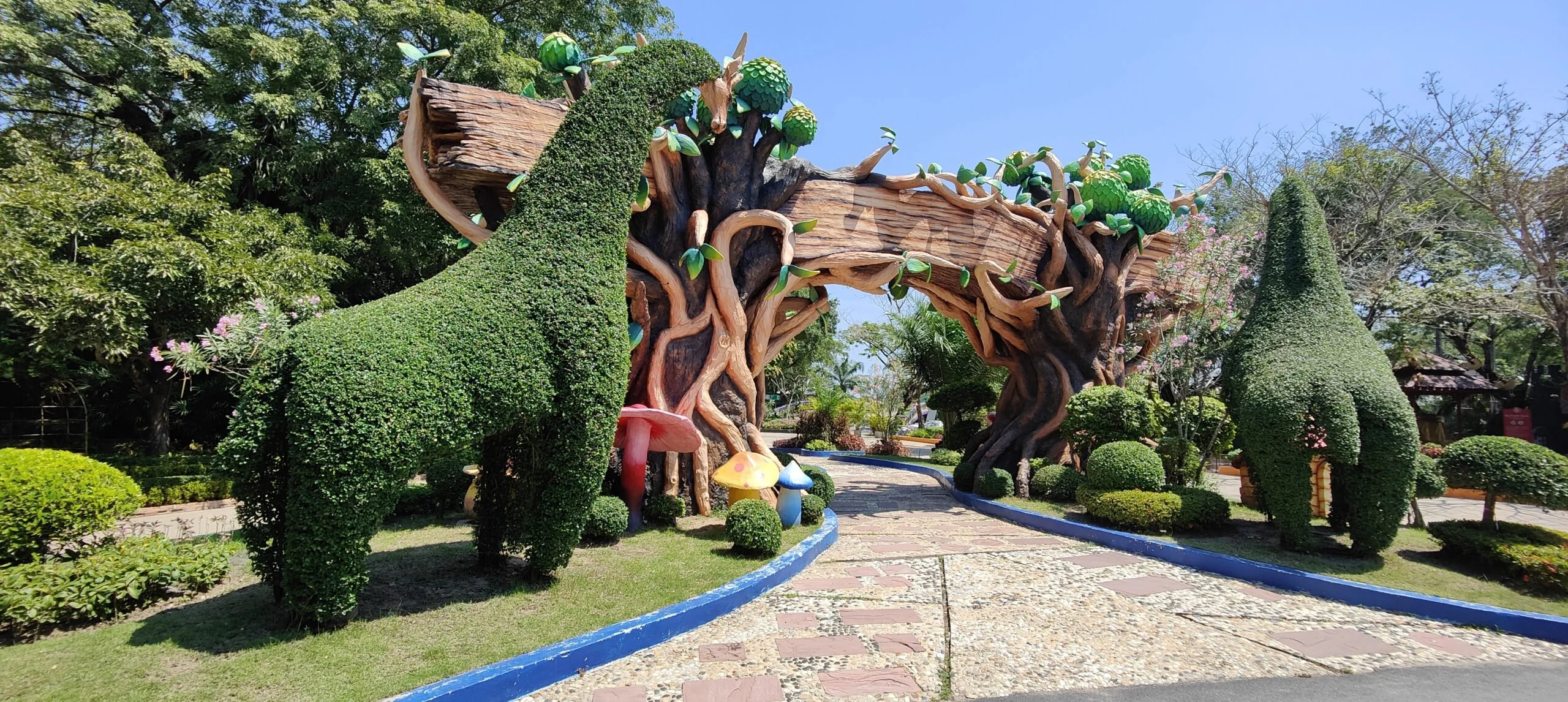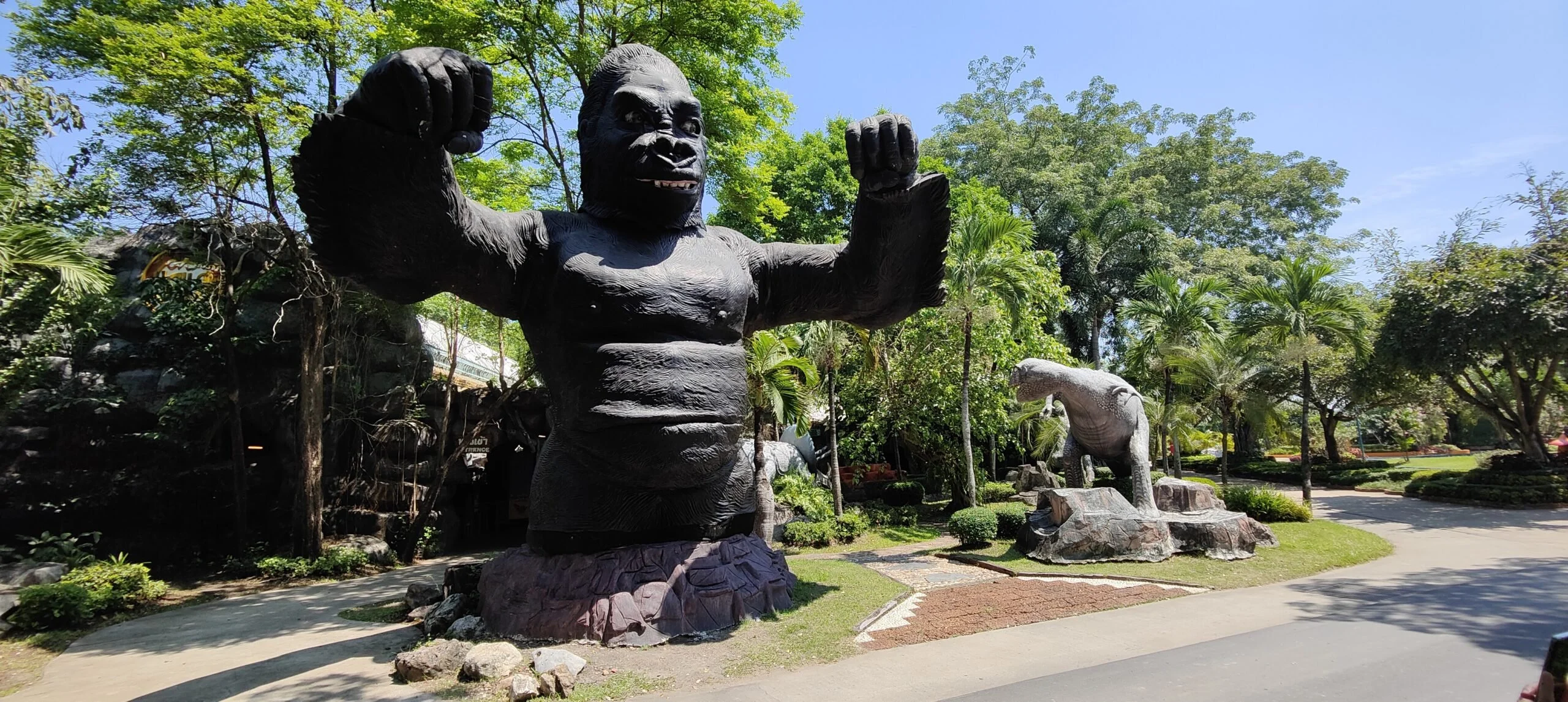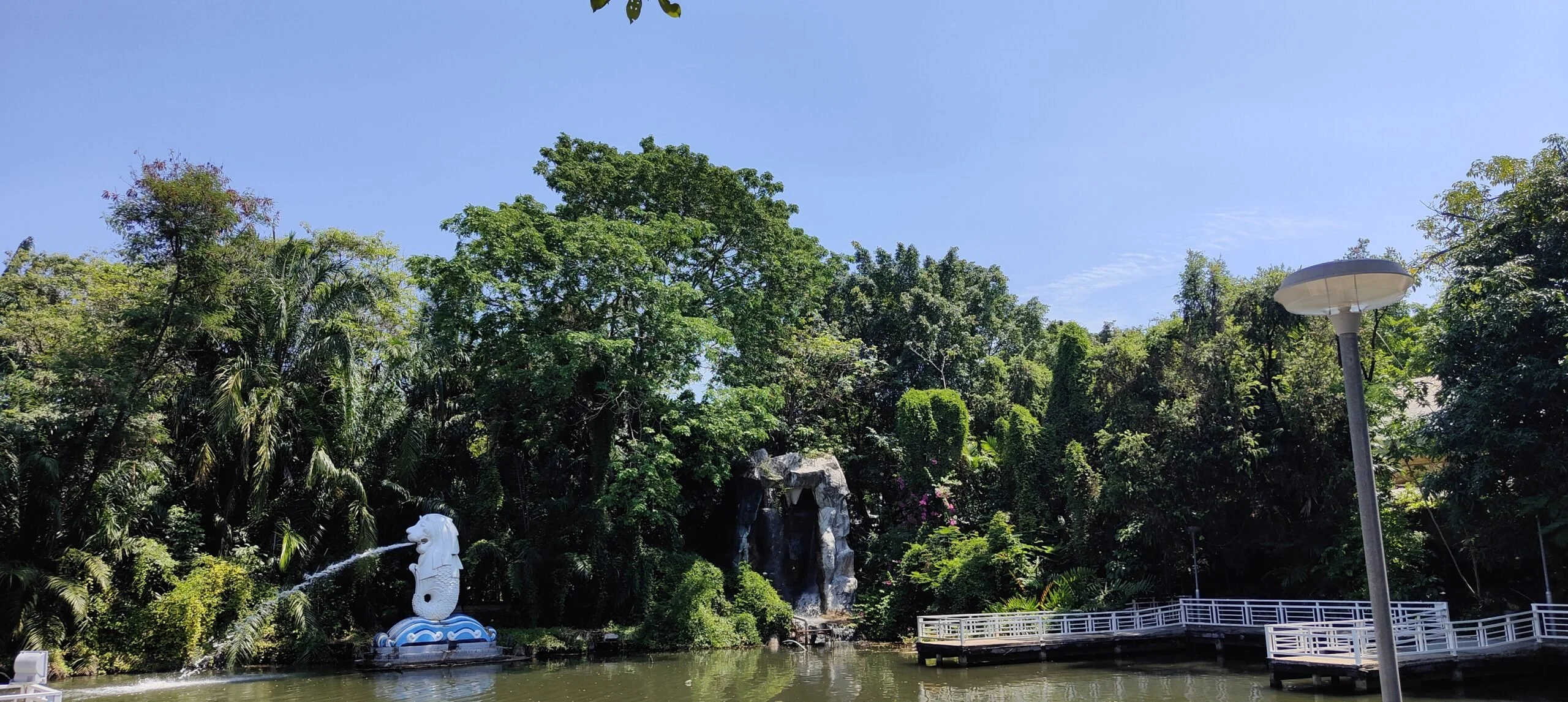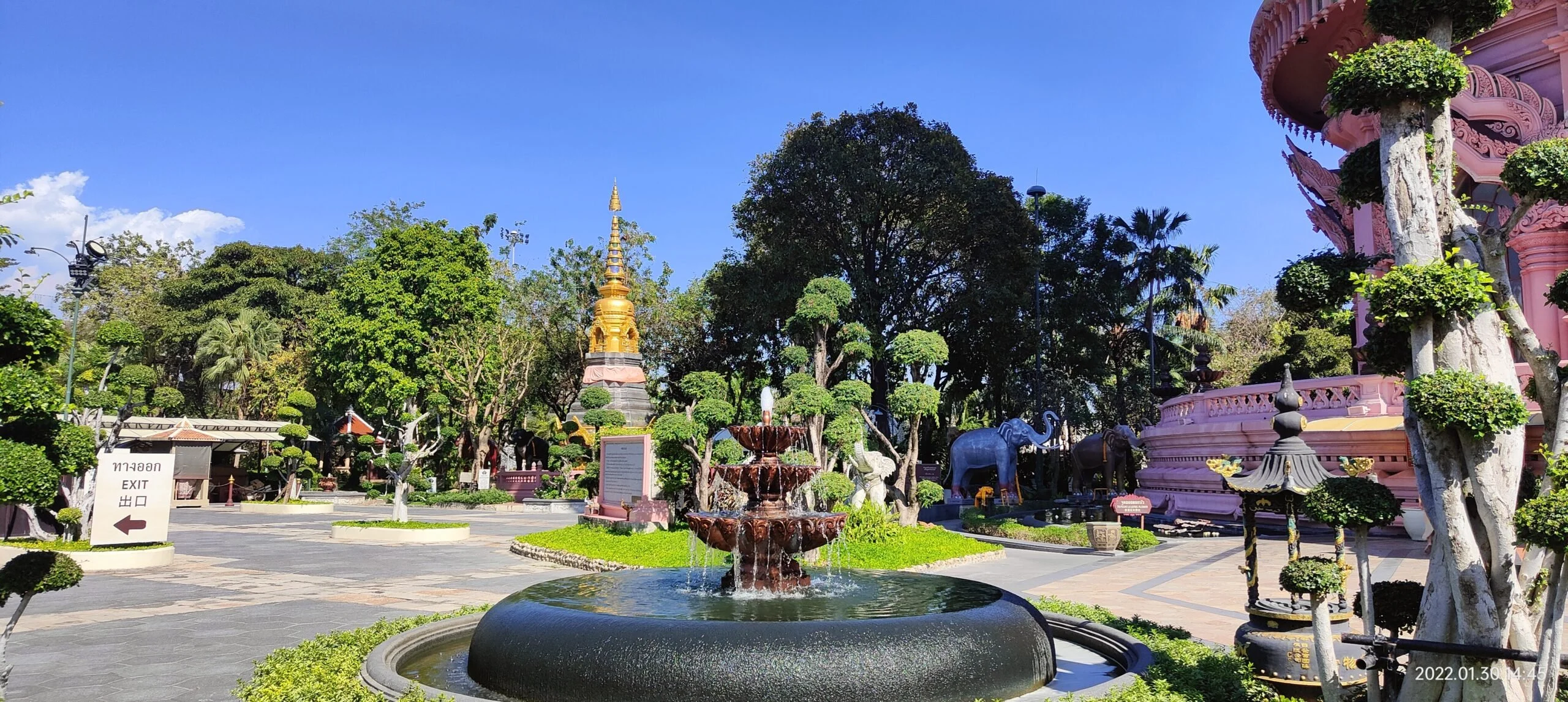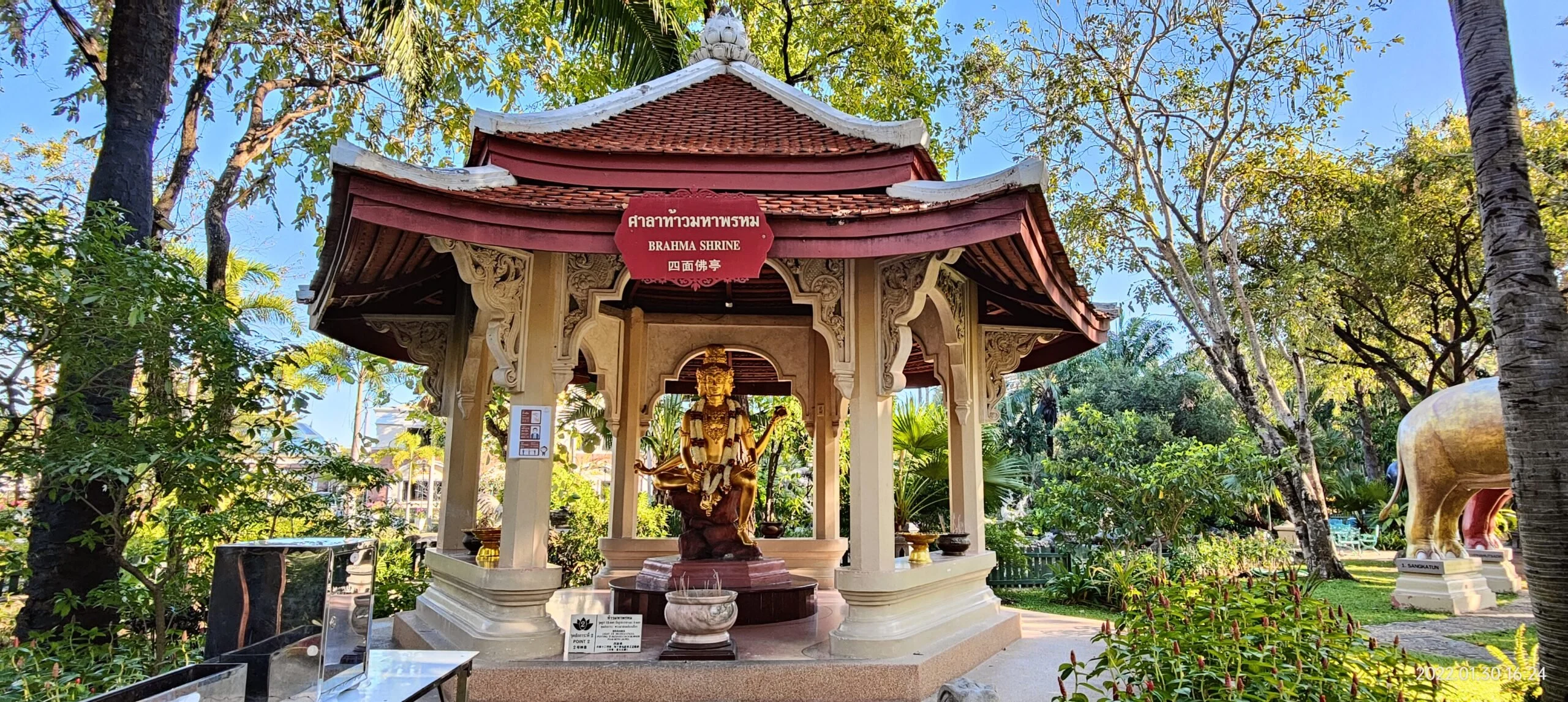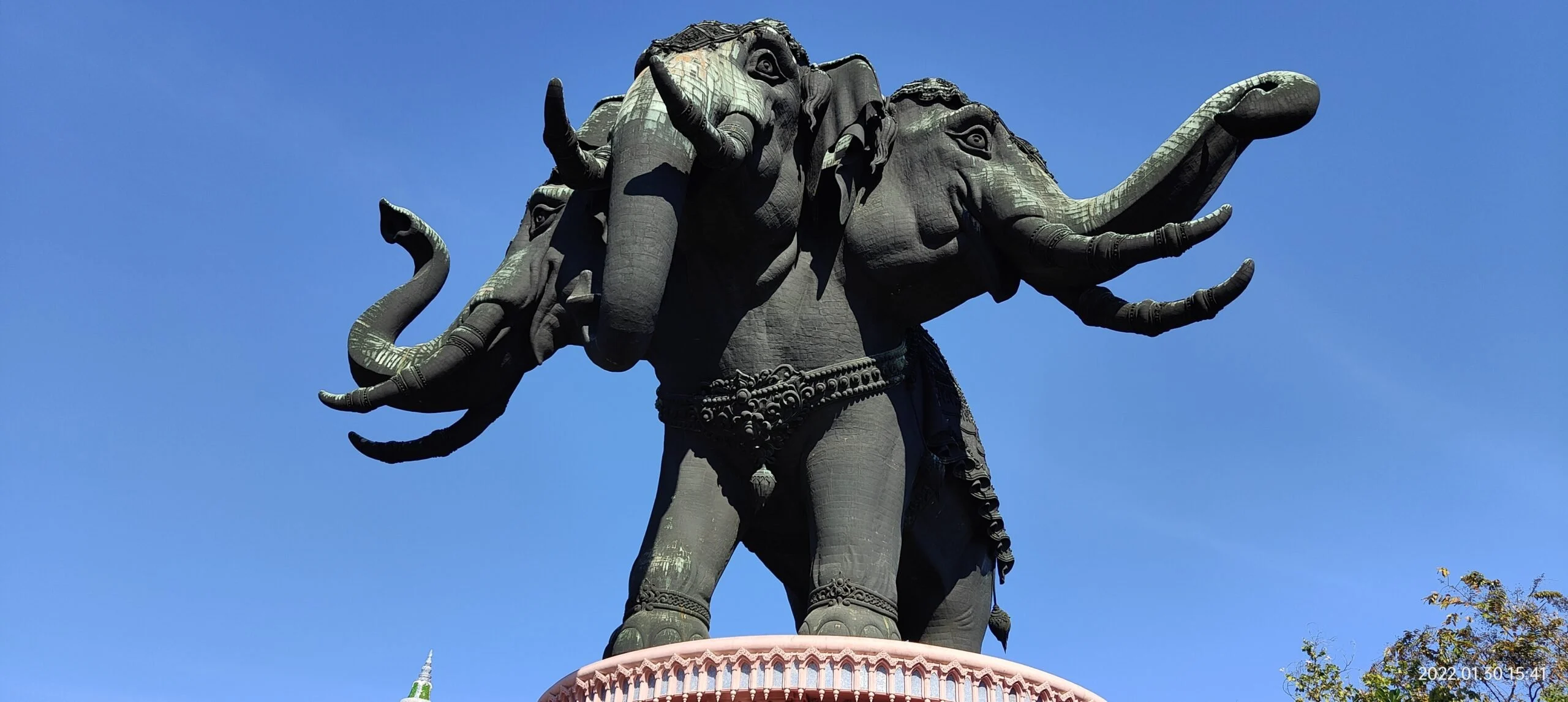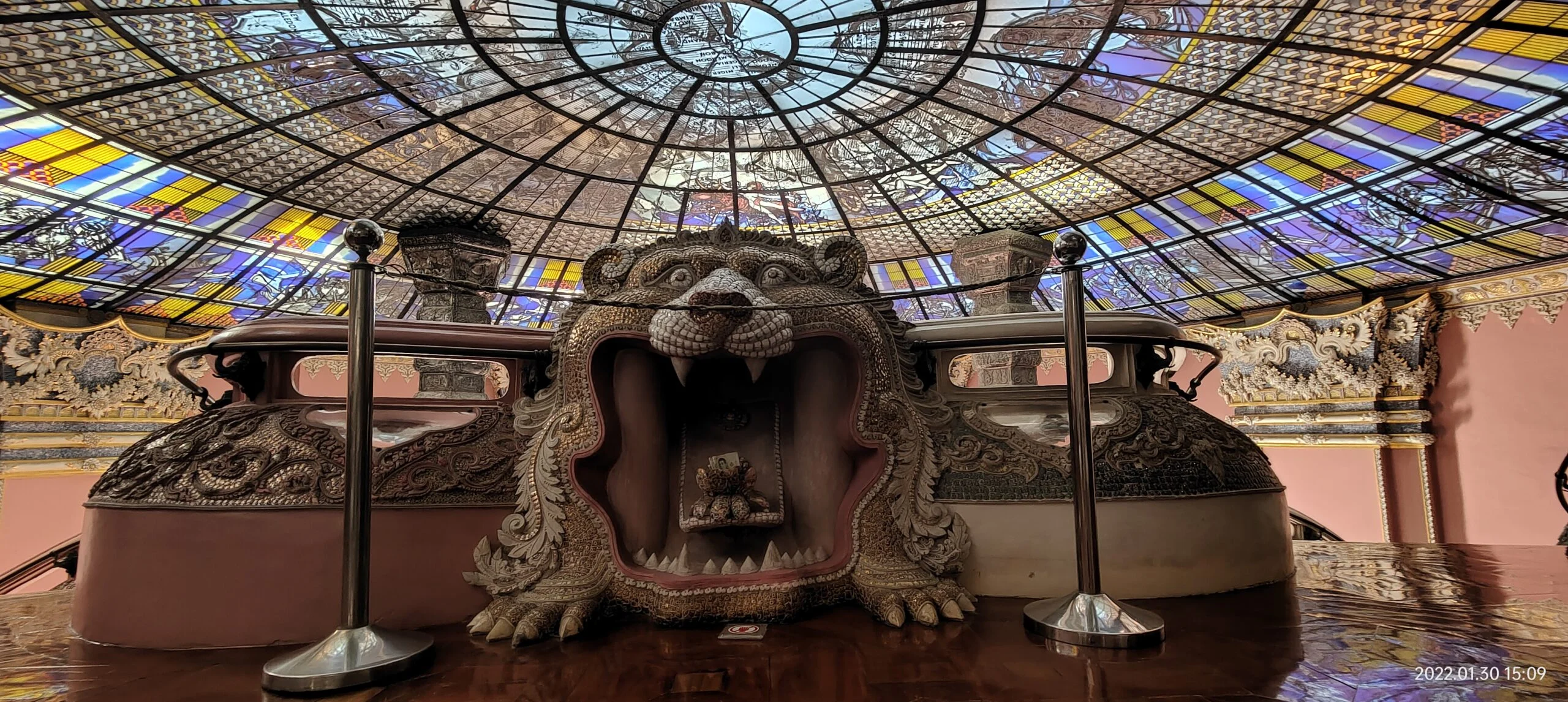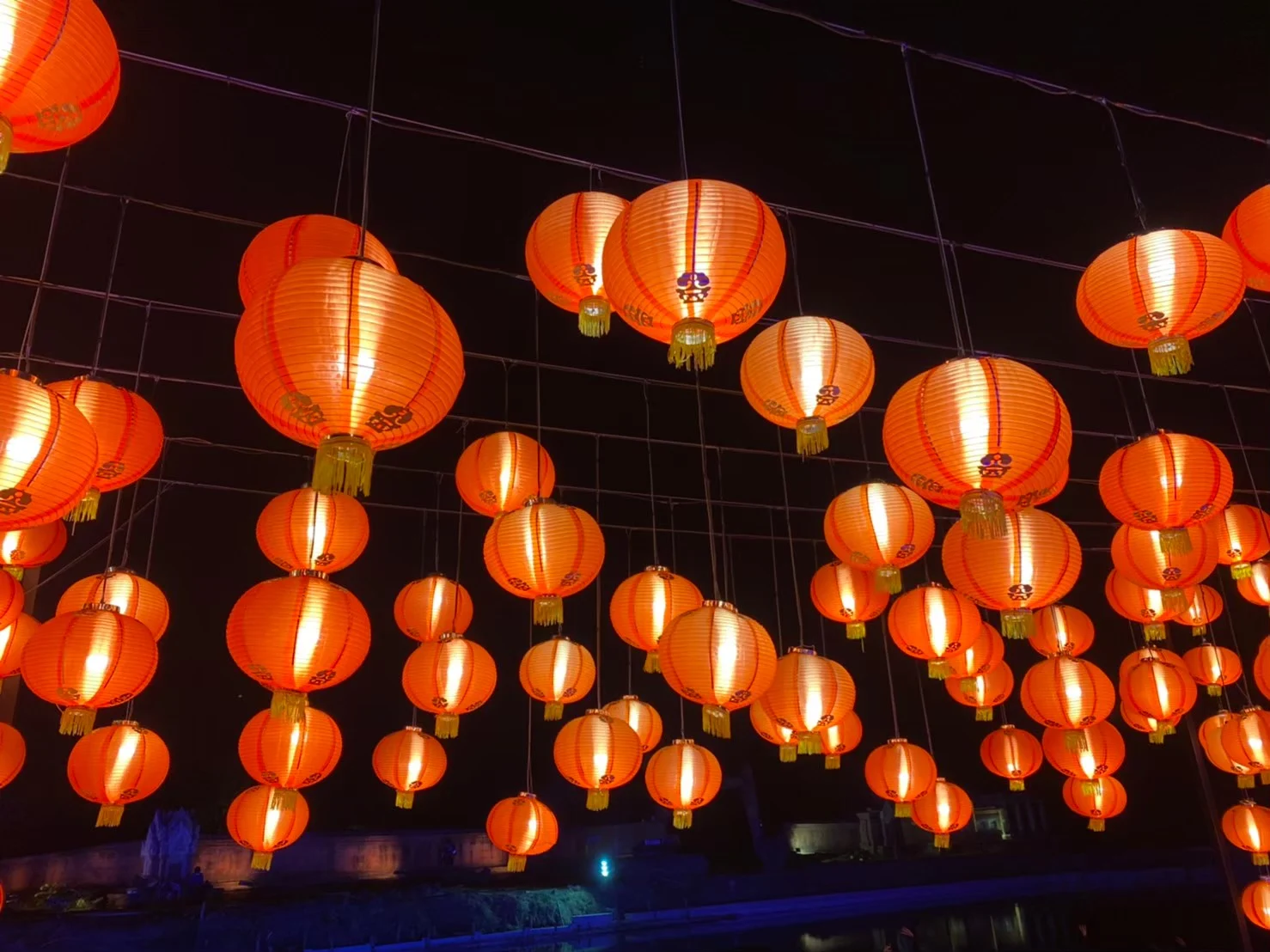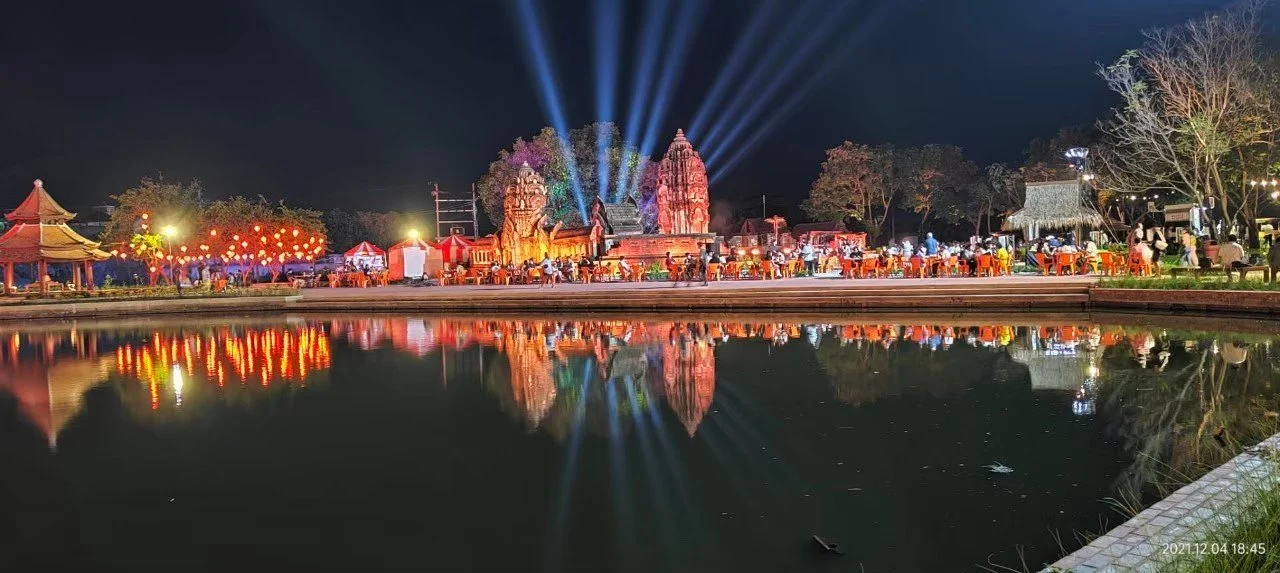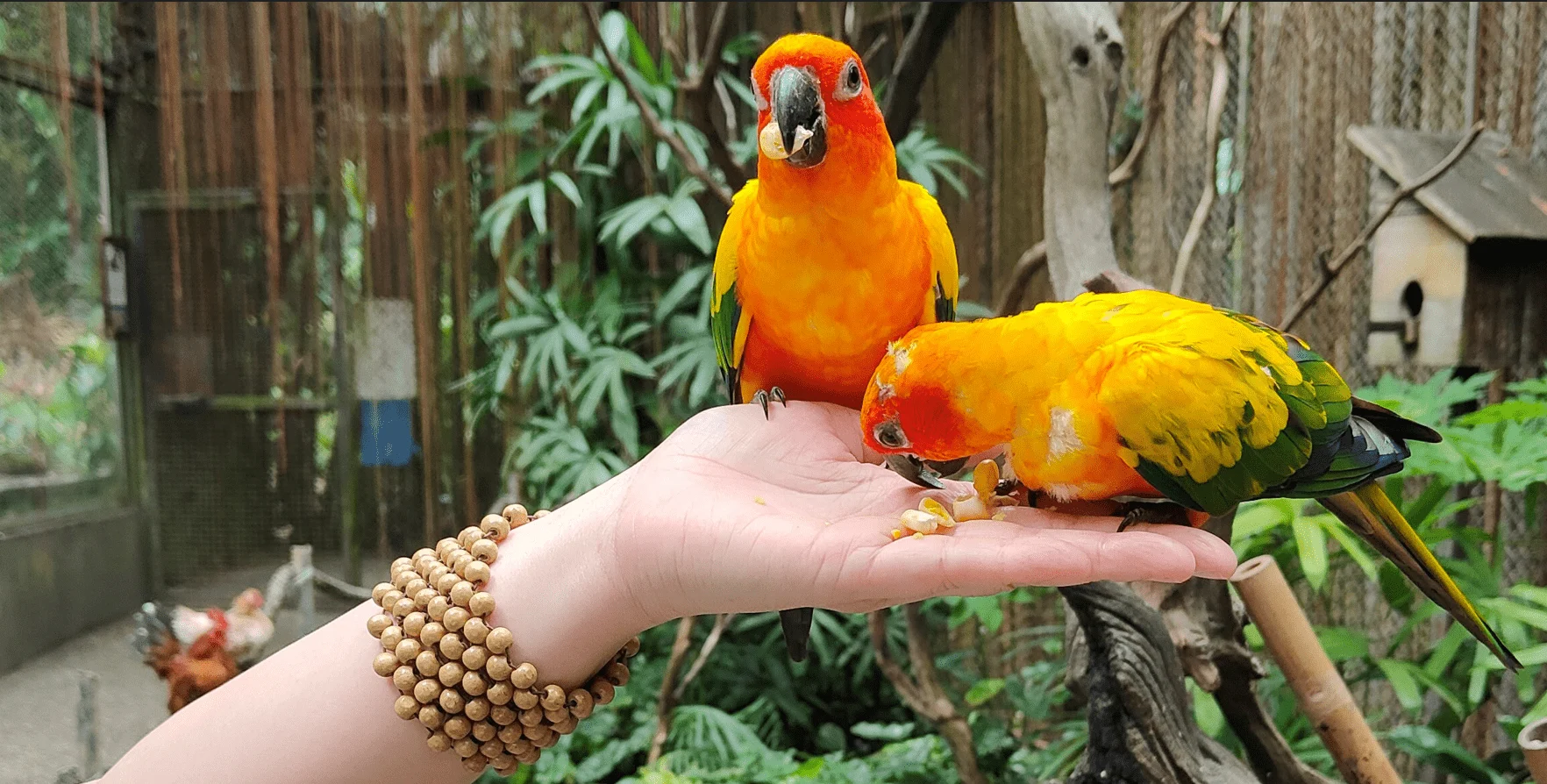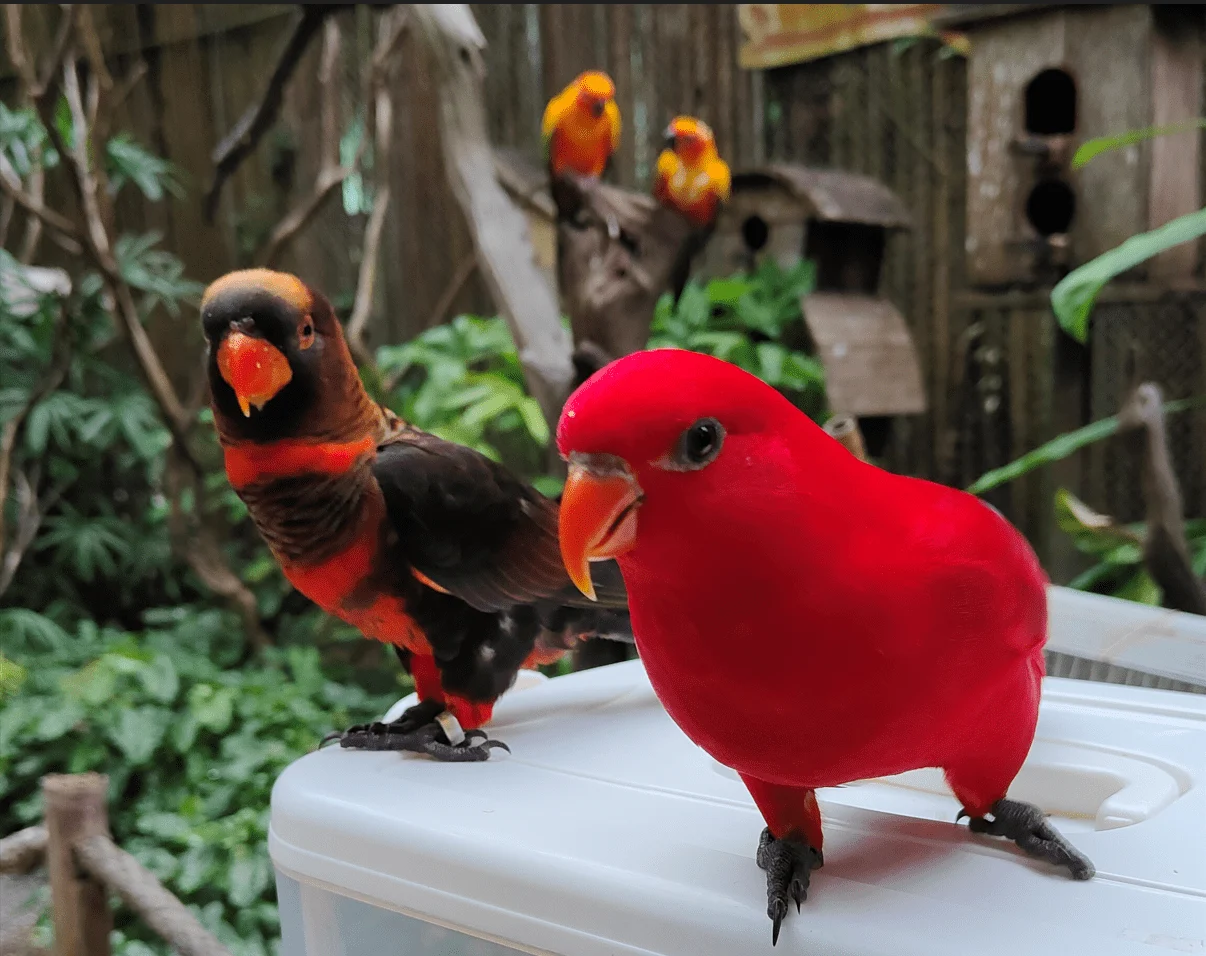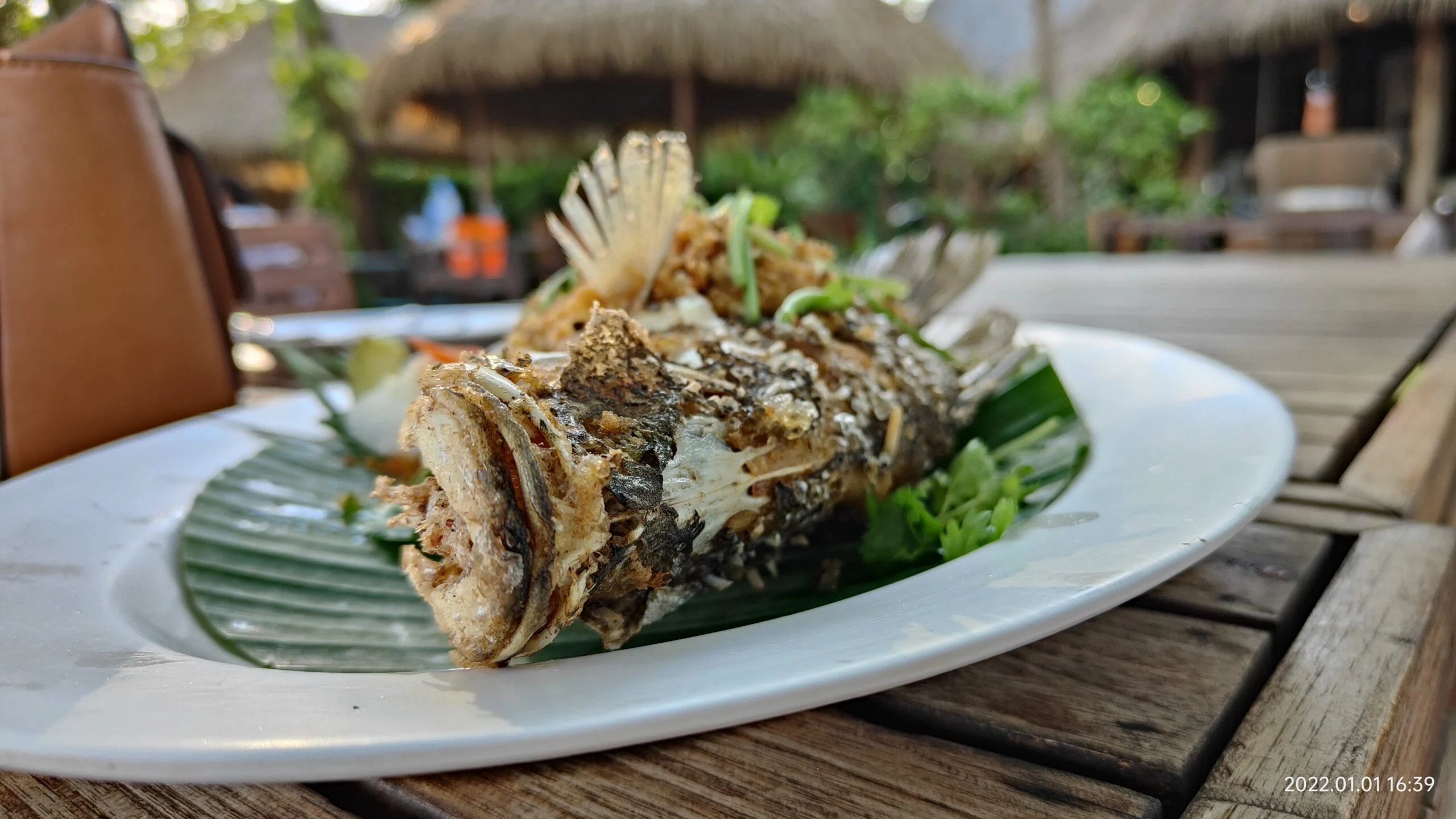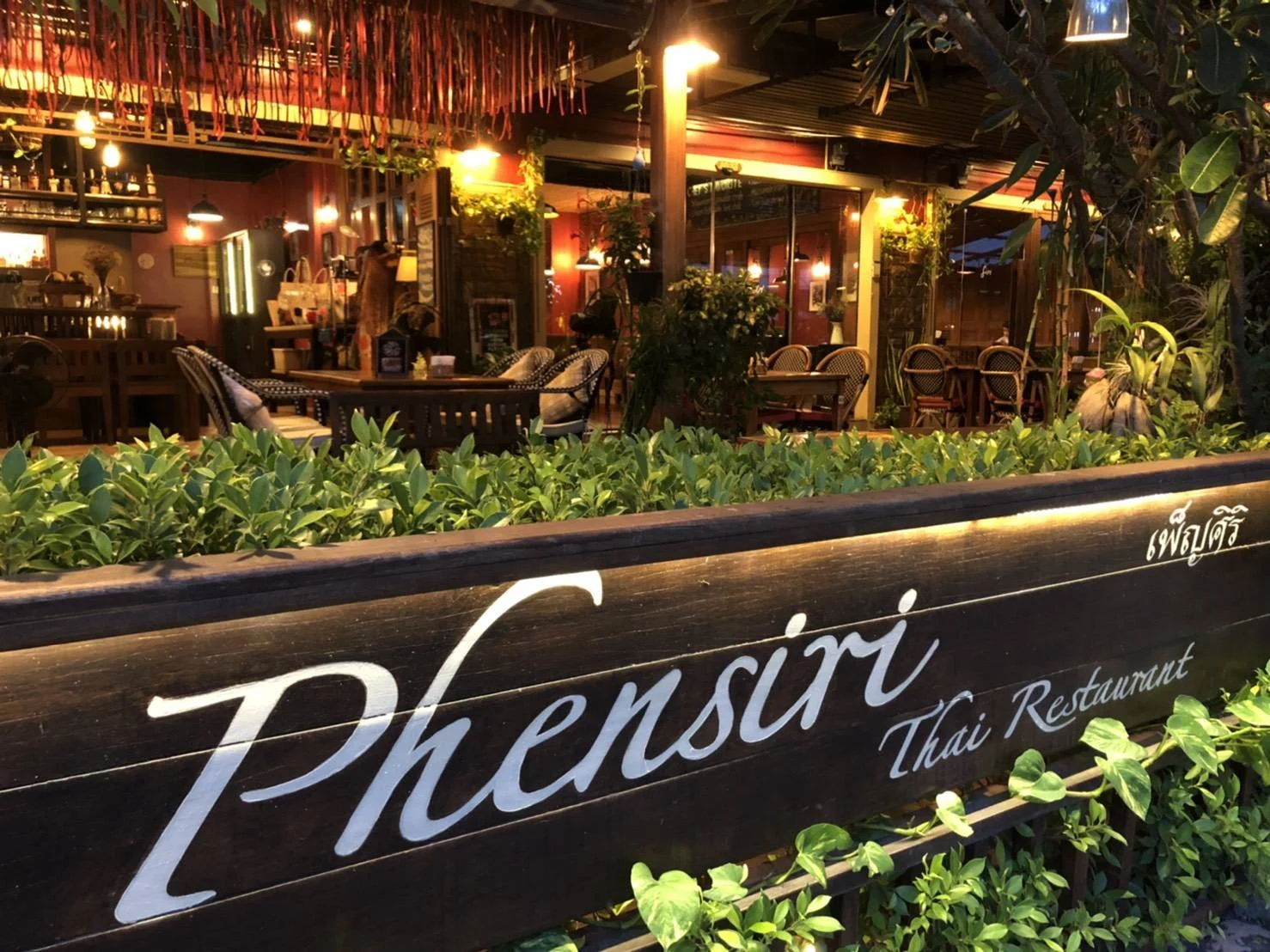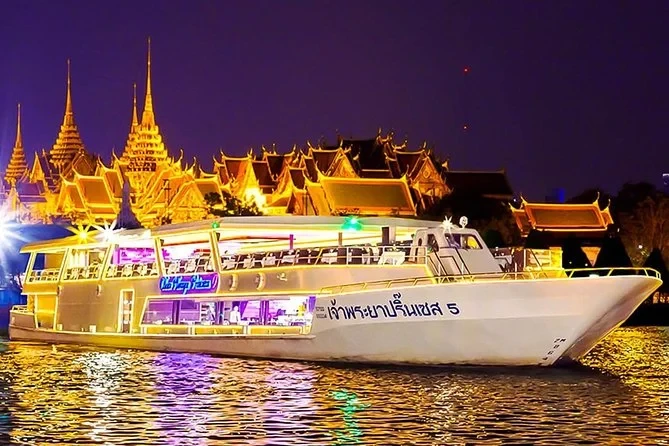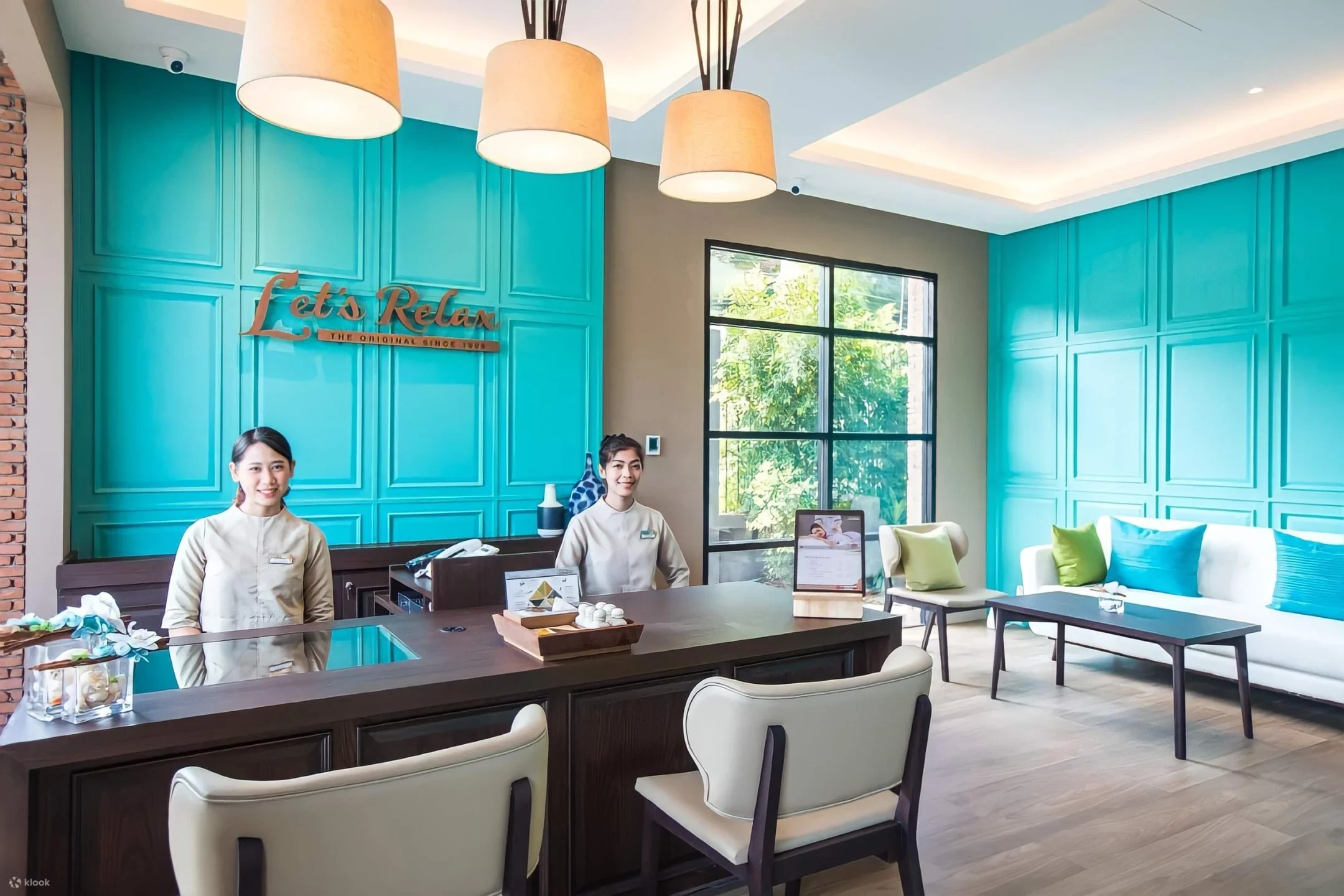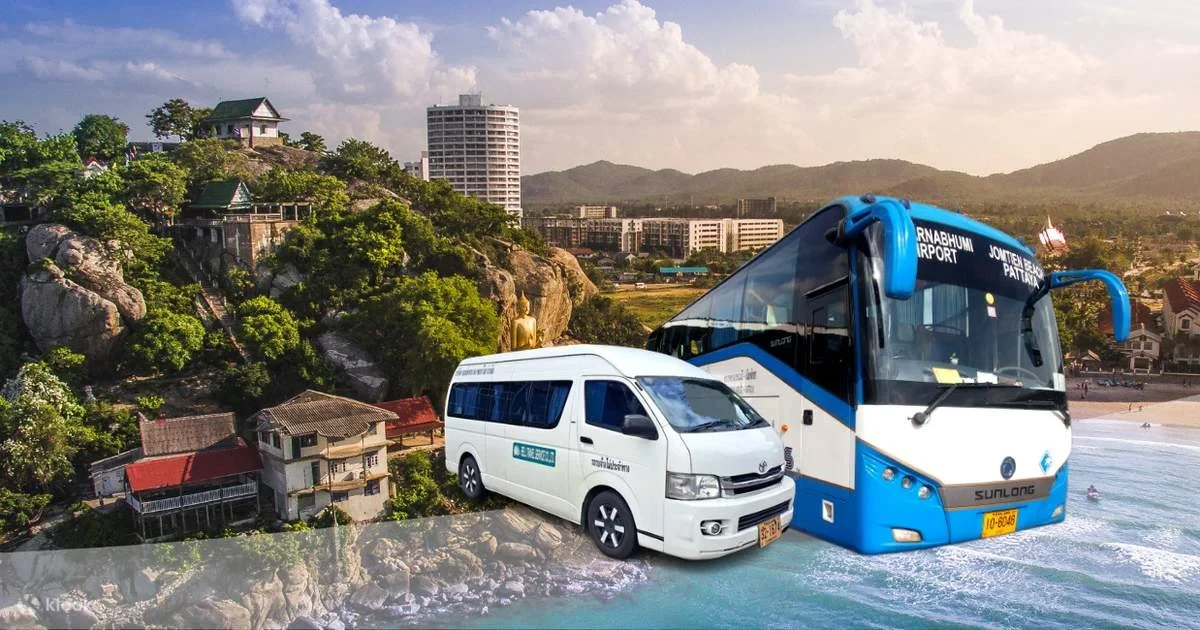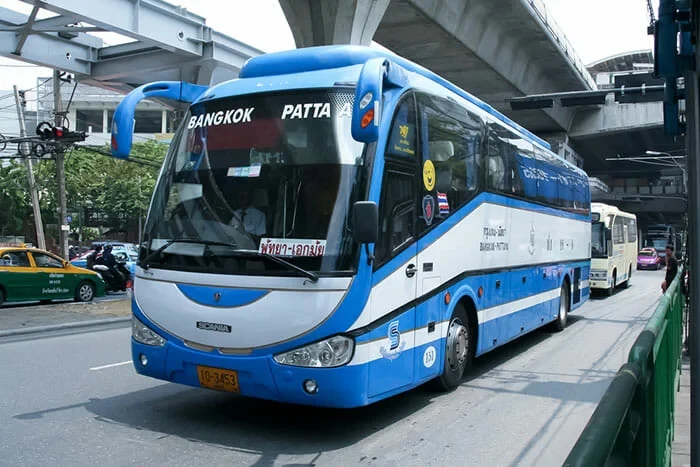With Thailand emerging as a top destination for expats and digital nomads, the demand for international schools has skyrocketed. From Bangkok to Phuket, Chiang Mai to Pattaya, Thailand offers a wide selection of world-class international schools catering to children from over 60 nationalities.
But what makes international schools in Thailand stand out? Are they worth the investment? What curriculum do they follow? This guide answers all your questions.
🏫 What Are International Schools in Thailand?
International schools in Thailand are private institutions offering education in foreign languages (mainly English) using international curricula like the British, American, IB (International Baccalaureate), or Australian systems. They are regulated by the Thai Ministry of Education but operate with flexibility, allowing globally recognized teaching methods.
📍 Where Are the Top International Schools Located?
- 1. Bangkok – The capital hosts over 100 international schools.
Top Picks: Bangkok Patana School, NIST, Shrewsbury International, Harrow, ICS Bangkok.
- 2. Phuket – Known for expat families seeking beachside lifestyle.
Top Picks: British International School Phuket (BISP), UWC Thailand, HeadStart International.
- 3. Chiang Mai – A hub for digital nomads and relaxed living.
Top Picks: Prem Tinsulanonda International School, Chiang Mai International School (CMIS).
- 4. Pattaya & Chonburi – Popular among families connected to the Eastern Economic Corridor (EEC).
Top Picks: Regents International School, St. Andrews International.
- 5. Hua Hin, Samui, Udon Thani – Smaller towns also have international schools, though fewer in number.
🎓 Curriculum Options
International schools in Thailand offer diverse academic programs:
| Curriculum | Description |
|---|---|
| British (IGCSE/A-Level) | Widely adopted with strong academic structure. Popular among UK & EU expats. |
| American (AP/High School Diploma) | Offers flexibility in subjects; prepares for US colleges. |
| International Baccalaureate (IB) | Globally recognized for critical thinking and holistic learning. |
| Australian/Canadian | Available in select schools like ACST and BCIS. |
| Bilingual Thai-English Programs | Combines Thai education with international standards. |
💸 Fee Structure & Costs
International schools in Thailand are premium institutions and tuition can vary widely:
| City | Average Annual Tuition (THB) | Notes |
|---|---|---|
| Bangkok | 350,000 – 900,000+ | Some top schools charge over 1 million THB/year. |
| Phuket | 300,000 – 700,000 | Includes boarding in some cases. |
| Chiang Mai | 250,000 – 600,000 | More affordable than Bangkok. |
| Pattaya | 300,000 – 650,000 | Competitive pricing and proximity to Bangkok. |
💡 Additional Costs may include:
- Application/Registration Fees
- Capital/Building Development Fees
- Uniforms & Textbooks
- School Lunch & Transport
👨🏫 Quality of Teachers & Teaching Style
- Qualified Native English-Speaking Teachers: Most schools employ teachers from the UK, US, Australia, or Canada.
- Teacher-to-Student Ratio: Generally low, ensuring personalized attention.
- Focus on Innovation: Smart classrooms, inquiry-based learning, STEM/STEAM programs are common.
- Multicultural Exposure: Students grow up in an international environment with peers from diverse backgrounds.
🎯 Academic Excellence & Success Rates
- Many international schools in Thailand boast university acceptance rates of 90–100%, with students going to Ivy League, Oxbridge, and top Asian universities.
- Schools like NIST, Bangkok Patana, and UWC Thailand consistently achieve IB scores above the global average.
- Emphasis is placed on academic, sports, arts, and social responsibility.
🧒 Who Attends International Schools?
- Expat families looking for continuity with home-country curriculum.
- Thai elites and business families seeking global education for their children.
- Mixed-nationality families living in Thailand long-term.
🏆 Benefits of Studying in International Schools in Thailand
- Globally recognized diplomas and exam systems
- English-medium education with multilingual exposure
- Safe, well-equipped campuses with state-of-the-art facilities
- Emphasis on holistic development, creativity, and critical thinking
- Strong extracurricular and sports programs
❓ FAQs About International Schools in Thailand
Q1: Can Thai students enroll in international schools?
👉 Yes, many Thai students study in international schools, especially from affluent or globally-minded families.
Q2: Are international school fees tax-deductible?
👉 For expats, school fees may be part of your company’s relocation package. For Thai citizens, they are not deductible under current tax rules.
Q3: Do international schools provide transportation?
👉 Most schools offer optional bus services for an additional fee.
Q4: Is boarding available in Thailand?
👉 Yes, schools like BISP, Prem Tinsulanonda, and UWC Thailand offer full boarding facilities.
✈️ Tips for Expats Moving to Thailand with Kids
- Start Admissions Early – Seats at top schools fill up months in advance.
- Visit Campuses – Take a school tour or attend virtual open houses.
- Check Accreditations – Look for WASC, CIS, or IB authorizations.
- Match Curriculum – Choose a curriculum aligned with future plans (e.g., UK, US, IB).
